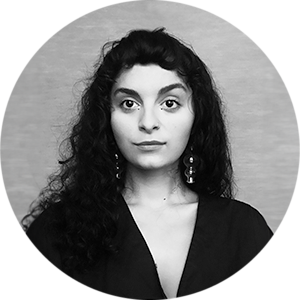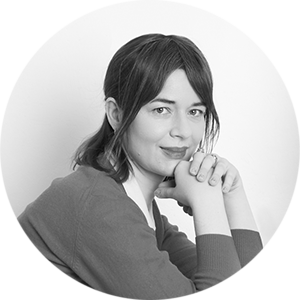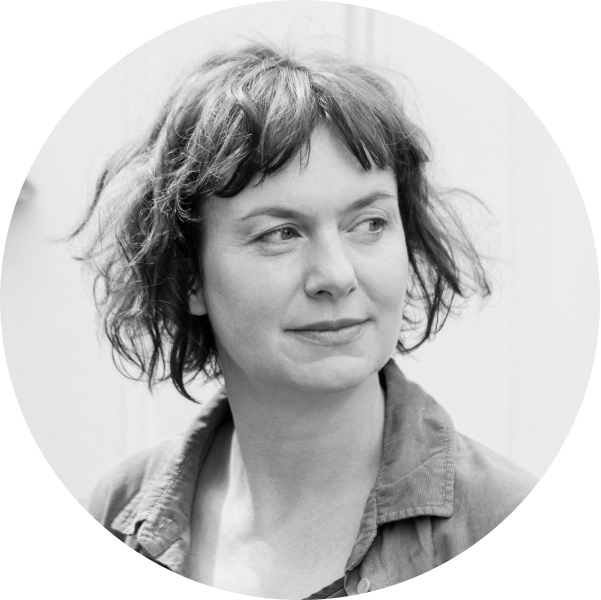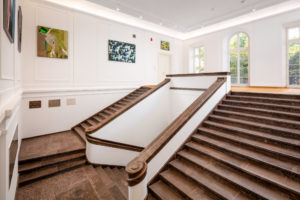Theme
FAIR DESIGN 2023 | EMOTIONS
In recent years, emotions have officially become the main driver of human choices. „Officially”, because in principle we have always been emotional, but in some situations rationality has managed to retain its primacy. Political elections, for example, were such a space. With the so-called „populist turn”, emotions took over the role of reason as the foundation of the electorate’s decisions. Perhaps this was influenced by the great economic crisis of 2007, the causes of which are still being unsuccessfully sought by scholars and market researchers. In popular perception, it turned out that Bronisław Malinowski, who believed that economics is closest to magic, was right. One way or another, the crisis has shaken the most seemingly rational foundation of our world, namely trust in capital. Perhaps the current shift towards politics based on emotions is a consequence of this shake-up. It may also be that in a world of information overload, fluidity and perpetual change, emotions have become some kind of equivalent of 'truth’. Perhaps this is made all the more complicated by the fact that they can quite easily be controlled.
Emotions are the subject of many books, conferences and discussions. Their role and importance are in constant change. The conference program aims to show different perspectives on emotions: psychological, sociological, neurobiological, historical, philosophical, and of course the design perspective.
Like other spheres of creativity (fine arts, literature, theater, film), design is inextricably linked to emotions. In this conference, we want to open discussion on the following topics: rationality and emotions, emotional relationships with things, emotion-based design, the emotional value of objects, emotions and mental health, emotions in new technologies and the development of artificial intelligence, etc.
The Programme Board asked Dr Karina Marusinska and Dr Paula Quinon for their views on the planned conference theme. Below we quote excerpts from these contributions.
Dr Karina Marusinska
In her 2018 Nobel speech, Olga Tokarczuk encouraged other authors to find ways to describe a fluidly changing reality that presents us with ever-changing challenges. In doing so, she postulated the demonstration of tenderness – „the constant finding of similarities”. Emotions are a language with which we can communicate across the globe. They are a mirror – they speak about our boundaries and values, they show what is important to us. Common education is not conducive to recognising, naming and expressing emotions, while culture and social norms dictate that they should be kept in check. Meanwhile, in the media, on internet forums, in public debates and politics, as well as in the streets during numerous protests, we increasingly often observe how emotions take the upper hand over reason and come to the fore. There is no doubt that there is a serious global crisis of empathy. The choice of conference theme is a manifestation of concern for the condition of society, and even more broadly, the Planet. In today’s world, care – closely related to emotions – may become one of the most significant categories organising artistic and design practice.
Dr Paula Quinon
Emotionality, which for long periods remained in the private sphere, leaving the public sphere to reason, regularly breaks through into consciousness, where it is appropriated, rationalised and used not only to explain human behavior, but also to manage this behavior at the level of individuals and social groups. Emotionality comes to the fore in the historical process with great regularity, acting as a sort of counterbalance to periods of rationality and confidence in scientific progress. However, the detailed characteristics of this process and the role of emotions that is noted and exploited seem to be different each time. In the last few years we have witnessed what the authors of this year’s Fair Design project call the „populist turn”, characterised by the fact that „emotions are taking over the role of reason as the foundation of the electorate’s decisions”. An electorate that is primarily political, but also an 'electorate’ involved in consumer decisions that influence market structure. – Dr Paula Quinon, who also turns our attention to new technologies, writing that research into how emotions are programmed in artificial intelligence is one of the topics most frequently addressed in the field of robotics and cybernetics research. The most important questions in this area concern the structure of robot emotions: do we want to implement human emotions into robots, or is it better to implement emotions that will play the same roles as human emotions, but are specific to AI?
Speakers
Dr. Paweł Boguszewski
Polish Academy of Sciences M. Nencki Institute of Experimental Biology (Poland)
Programme

Day 1 – 29 September (Friday) / 9.00 am – 5.00 pm
9.00-9.45 – registration
10.00-10.10 – official opening of the conference – Rector of the Academy of Fine Arts in Warsaw
10.10 -10.20 – welcome and presentation of the programme, objectives, speakers / Conference Programme Board
Opening lecture of the conference
10.20-11.00 – Prof. Pieter Desmet – Design for Fundamental Needs: A Humanist Perspective on Design for Well-Being >>
11.00-11.10 – questions and discussion
11.10-11.30 – break
Theoretical session
11.30-12.10 – Dr. Halszka Korytymowicz-Ogińska – Designing for pleasure >>
12.10-12.50 – Dr. Paweł Boguszewski – From anxiety to delight – the neurobiology of emotions >>
12.50-13.00 – questions and discussion
13.00-14.00 – lunch break
13.40-14.00 – Polish Design Connects – presentation of the project of digital integrative space / Mikołaj Wierszyłłowski,
Design Association SPFP (conference partner presentation)
Thematic module – Emotion-based design
14.00-14.20 – Malwina Konopacka – introduction >>
14.20-14.35 – Agnieszka Odziemkowska – Echo – a tool to support the conversation about loss
14.35-14.50 – Monika Dołbniak – Beyond words: On inclusive research methods for translating emotions
and sensory needs into caring design decisions
14.50-15.00 – questions and discussion
15.00-15.20 – break
Special guest
15.20-16.00 – Prof. Susan Yelavich – Design and Comedy: Laughter as Criticism and Therapy >>
Thematic module – Emotional relations with things
16.00-16.20 – Anna Banout – introduction >>
16.20-16.35 – Aleksandra Munzar – Home. Exercises on possession
16.35-16.50 – Michał Majdak – Attempt at defining a robotic object on the example of Aibo and HC-SR04
16.50-17.00 – questions and discussion
17.00 – closing of the first day of the conference, information about the sessions on the second day
Day 2 – 30 September (Saturday) / 9.00 am – 3.30 pm
9.00-9.10 a.m. – Opening of the second day of the conference
Thematic module – Emotions and the world of new technologies
9.10-9.30 – Katarzyna Ogińska-Bruchal – introduction >>
9.30-9.45 – Dominika Sobolewska – Techno-empathy in design as an expression of concern for a better tomorrow
9.45-10.00 – Katarzyna Markowska – A-EYE. A device for personal monitoring
10.00-10.10 – questions and discussion
10.10-10.30 – break
Theoretical session
10.30-11.10 – Dr. Dawid Wiener – The Emotional Uncanny Valley in Digital Design >>
11.10-11.50 – Tomasz Stawiszyński – Cohesion as a panacea for fear. Structure and aesthetics of conspiracy thinking >>
11.50-12.00 – questions and discussion
12.00-12.20 – break
Special guest
12.20-13.00 – Dr. Tiffany Watt-Smith – Making Emotions Extraordinary Again >>
13.00-13.50 – Lunch break
Theoretical session
13.50-14.30 – Dr. Małgorzata Szyszkowska – Mosaic. Feelings and emotional aesthetic qualities
in the musical experience >>
14.30-14.50 – Ewa Gołębiowska – Zamek Cieszyn – history, design and emotion
Closing lecture
14.50-15.30 – Prof. Tobias Wallisser – More for less – architecture after the Anthropocene >>
15.30 – official closing of the conference

Recordings of all speeches:
Call for projects
The conference will showcase six projects selected as part of the „open call”.
They will be presented within the framework of thematic modules.
Module: Emotion-based design | September 29, 2023, 2:00 pm
Introduction: Malwina Konopacka
Proj. Agnieszka Odziemkowska – Echo – a tool to support conversation about loss
The tool was created in response to the problem of the tabooisation of the subject of death, mourning and loss. Its aim is to create a shared space and give a pretext for a group of people close to each other (e.g. family, friends, couples) to talk about shared loss. The tool is designed so that the topic addressed is as free as possible. It can be used to talk about the death of a loved one, the death of a pet, loss of faith, emigration from the country or any other loss. The game-based echo is designed to help you open up your memories, thoughts and feelings and share them with loved ones. It provides an opportunity to experience loss and bereavement in a communal way, while keeping an individual narrative. The tool is suitable for people aged 7 and over. It has the potential to be a support for therapists, foundations or crisis intervention centres.
The project was created as a bachelor’s degree diploma at the Faculty of Design, Academy of Fine Arts in Warsaw, under the supervision of dr. Daniel Zieliński.
Keywords: death, mourning, loss, memories, therapeutic tools
Proj. Monika Dołbniak – Beyond Words: On inclusive research methods for translating emotions and sensory needs into caring design decisions
Neurodiversity means that people experience the world around them in many different ways – there is no one right way to feel, comfort means something different to everyone. How can empathy and somesthetic design improve the designer-user relationship? How can creative practices be used to discuss the intangible language of comfort and emotion? The talk will present the research methods used in the Sensory Narratives project. These methods were used to analyse the emotions and needs of sensory-sensitive users, and helped translate the collected observations into design decisions. As part of the project, non-verbal, autistic students learnt various techniques for communicating, recognising and visualising the emotions that accompany social interactions and physical interactions when interacting with concrete materials. The author will present documentation of the workshops and testing sessions carried out, as well as the end result: therapeutic sensory objects and student artworks visualising the sensory identity of the group.
The project was developed in collaboration with Share Community in London, a charity that supports adults on the autism spectrum with intellectual disabilities and mental health needs. It was supervised by Diana Sawaya of Share Community and Dr. Sara Robertson of the Royal College of Art.
Keywords: inclusivity, neurodiversity, sensory, co-design, participatory design
Module: Emotional relationship with things | September 29, 2023, 4:00 pm
Introduction: Anna Banout
Proj. Aleksandra Munzar – Home. Exercises in Possession
The project is about the relationship with the inhabited space with a particular focus on ownership. The author is interested in the process of choosing a property, planning and making the first major financial decisions. The designed collection of objects includes six works, grouped into two blocks. The first, entitled Standing on the threshold, refers to the stage when a property purchase is just being planned. The second, entitled Crossing the threshold, refers to making the first major financial decisions, often seen as a symbolic crossing of the threshold of adulthood. One of the more important objects in the set is the adult exercise book. The person completing the exercise book is prompted to reflect on their future place of residence, its price or the social cost of buying it.
The thesis was written as a doctoral dissertation at the Faculty of Interior Design of the Academy of Fine Arts in Warsaw, the supervisor was Prof. Jerzy Bogusławski, the associate supervisor was Dr. Daniel Zieliński, the reviewer was Dr. Szymon Hanczar.
Keywords: residence, real estate, ownership, financial decisions, adulthood
Proj. Michał Majdak – An attempt to define a robotic object on the example of Aibo and HC-SR04
In his project, the author reflects on the complex experience that is the relationship between humans and robots, and is particularly interested in the issue of locating the characteristics of living beings in robotic entities. While working on the project, he watched a reportage of a Buddhist ritual funeral of several hundred Aibo in Japan. As part of his talk, the author will talk about examples of relationships with robots and their further social interactions, examples of an authentic bond with a robotic object will be presented. The phenomenological equation of consciousness with corporeality makes it possible to understand why and when a bond with a robotic companion is characterized by empathy, which animates the object quite independently of the old distinctions between organic and mechanical or human and non-human. The author will also present the HC-SR04 robotic sculpture by referring to W. J. T. Mitchell’s notions of visual anthropology.
The project was created as a master’s degree at the Faculty of Sculpture of the Academy of Fine Arts in Warsaw under the supervision of Dr. Jan Stanisław Wojciechowski.
Keywords: robot, relationship, emotional relationship, image of life and soul
Module: Emotions and the world of new technologies | September 30, 2023, 9:10 am
Introduction: Katarzyna Ogińska-Bruchal
Proj. Dominika Sobolewska – Techno-empathy in design as an expression of concern for a better tomorrow
Do new technologies have to be equated with the negative consequences of civilisational development? Presenting a commonly proclaimed catastrophic vision of a world dominated by the media, the author of the presentation points to alternative scenarios. As an antidote, she proposes a positive path of digital media development, which is a catalyst for conscious social attitudes and sustainable behaviour. Believing in the effective synergy of new technologies and design, he tries to show its potential in building empathy in a broad sense.
The talk will showcase projects created with students at the Studio of Attentive Space Design and Interactive Objects at the Eugeniusz Geppert Academy of Fine Arts in Wrocław. These are hybrids on the borderline between furniture, utilitarian objects and interfaces. Developed in the spirit of mindful design, they shape the user experience by enabling training in mindfulness and care for the environment.
Keywords: mindfulness, interaction, interactive technologies, hybrid design, empathy, techno-empathy
Proj. Katarzyna Markowska – A-EYE Personal monitoring device
In her work, the author addresses the anxiety felt by women in urban spaces and its cultural sources. A-EYE is a personal monitoring project that, through its anthropomorphic features, sends a signal to a potential abuser – 'you are being watched’. It is based on artificial intelligence image recognition technology. The aim of this project was to ask the audience the question – „Do we want to live in a society where constant observation is necessary for the safety and equality of all its members?”. The author wanted to create a dystopian vision of the future that we will have to face unless there is a concrete cultural change. The project uses means of expression from the boundaries of design, art and engineering. Formally, the object is a set of small screens that are placed around the chest and back of the user.
The project was created as a bachelor’s degree diploma at the Faculty of Design, Academy of Fine Arts in Warsaw, under the supervision of Prof. Jerzy Porębski.
Keywords: critical design, speculative design, women’s safety, feminism, urban space, social sensitivity, interactive objects, artificial intelligence
Venue
Czapski Palace, the main seat of the Academy of Fine Arts in Warsaw at 5 Krakowskie Przedmieście Street
The conference will be held in the representative rooms of Czapski Palace, the headquarters of the Academy of Fine Arts in Warsaw. The renovated Czapski Palace has become a new place on the cultural map of the capital since June 2021. In addition to the University’s Rector’s Office, the building houses: The Main Library of the Academy of Fine Arts in Warsaw, the headquarters of the Museum of the Academy of Fine Arts in Warsaw, as well as the exhibition function: Academy Salon Gallery and Gallery -1.
For more information: https://asp.waw.pl/palac-czapskich/
Gallery
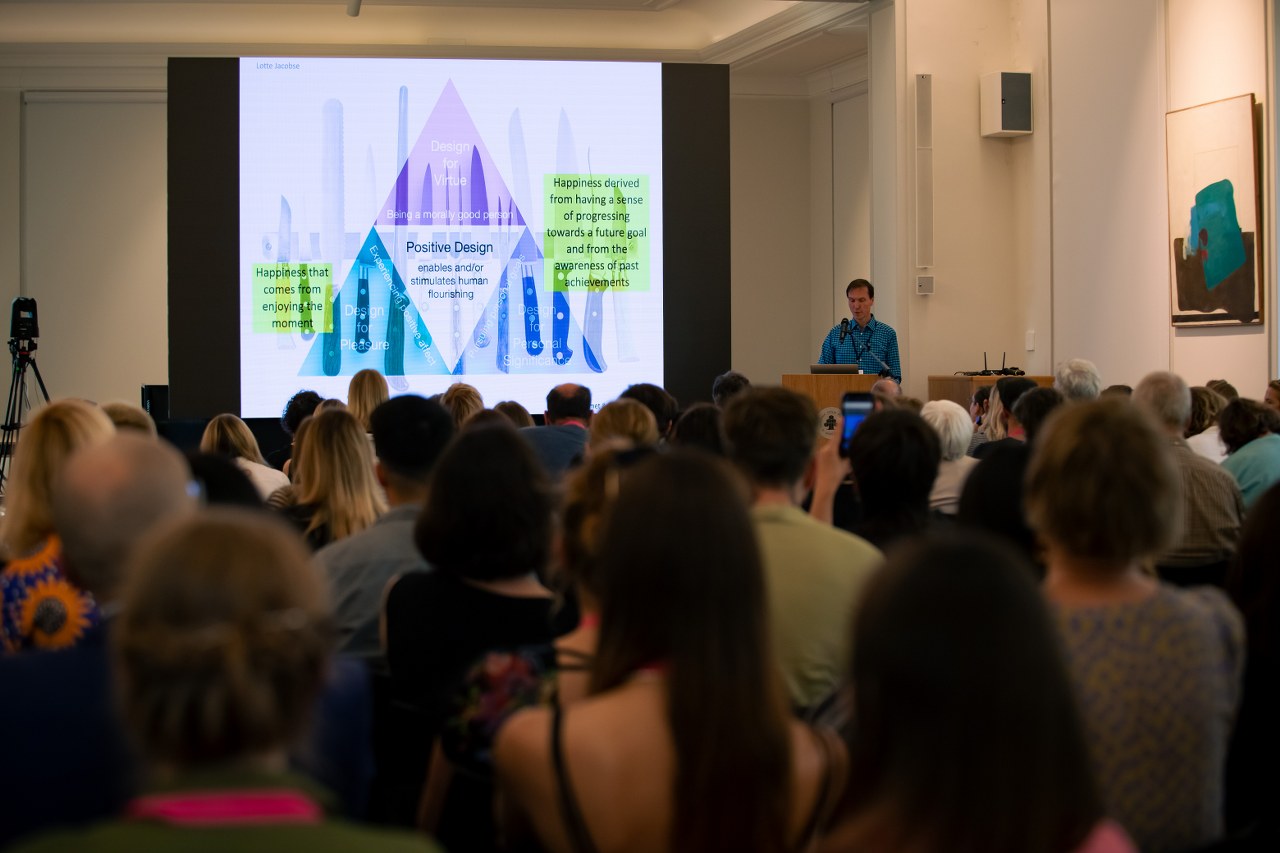
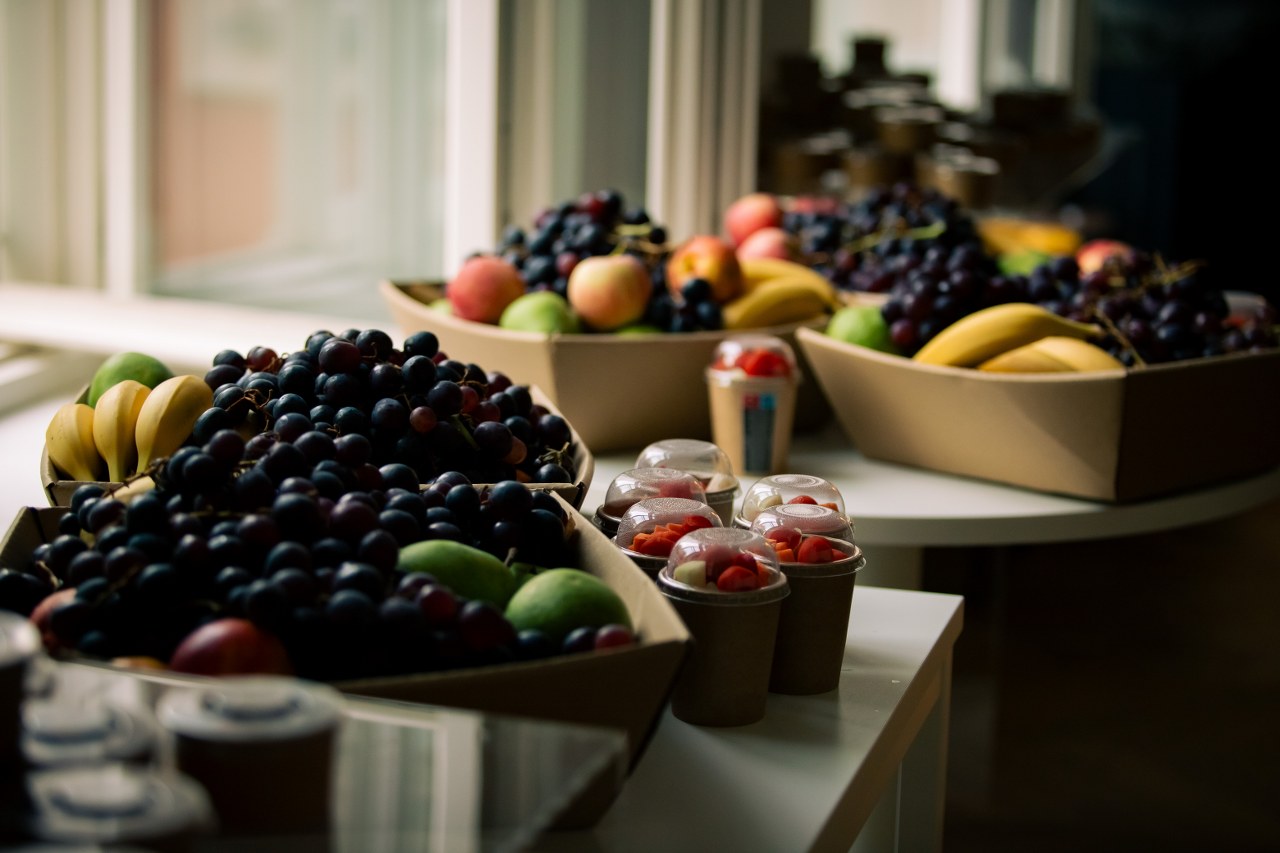
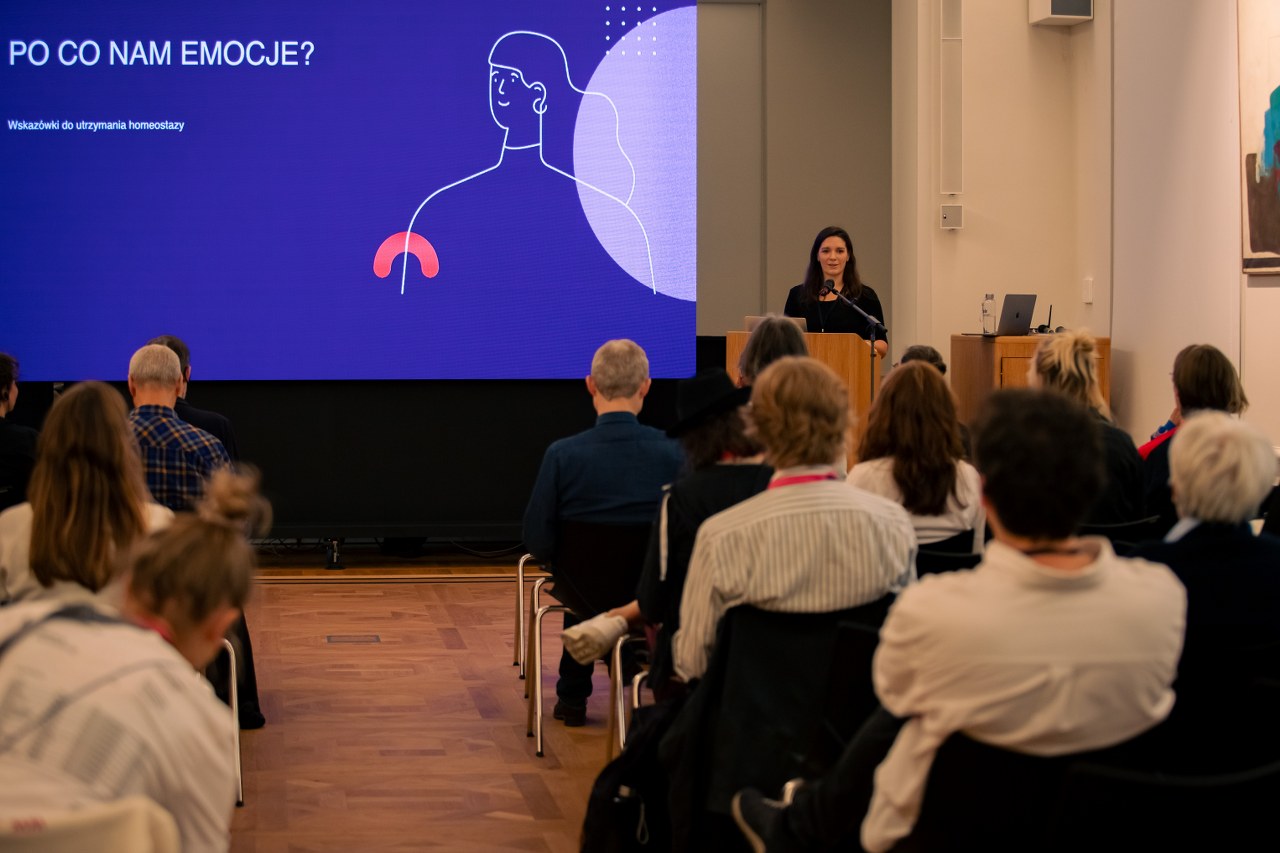
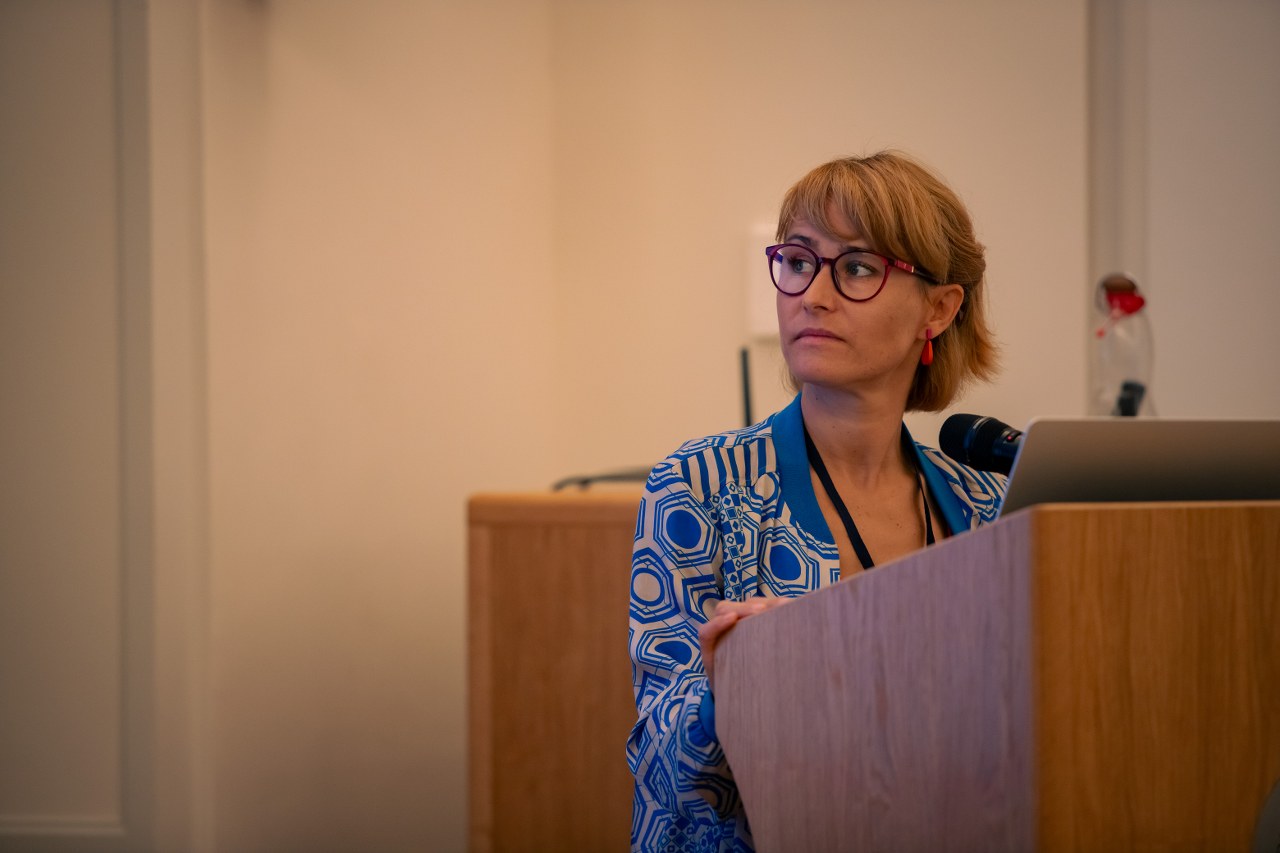
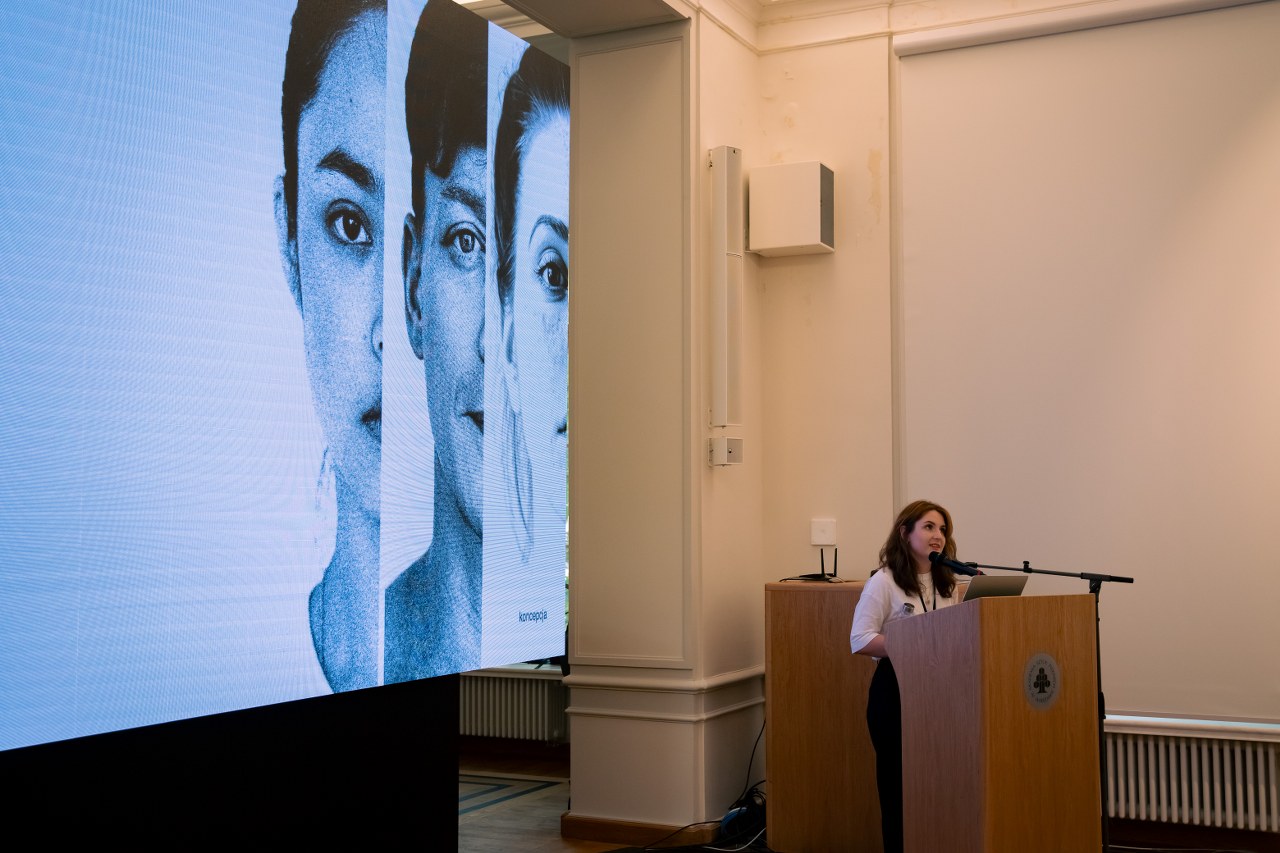
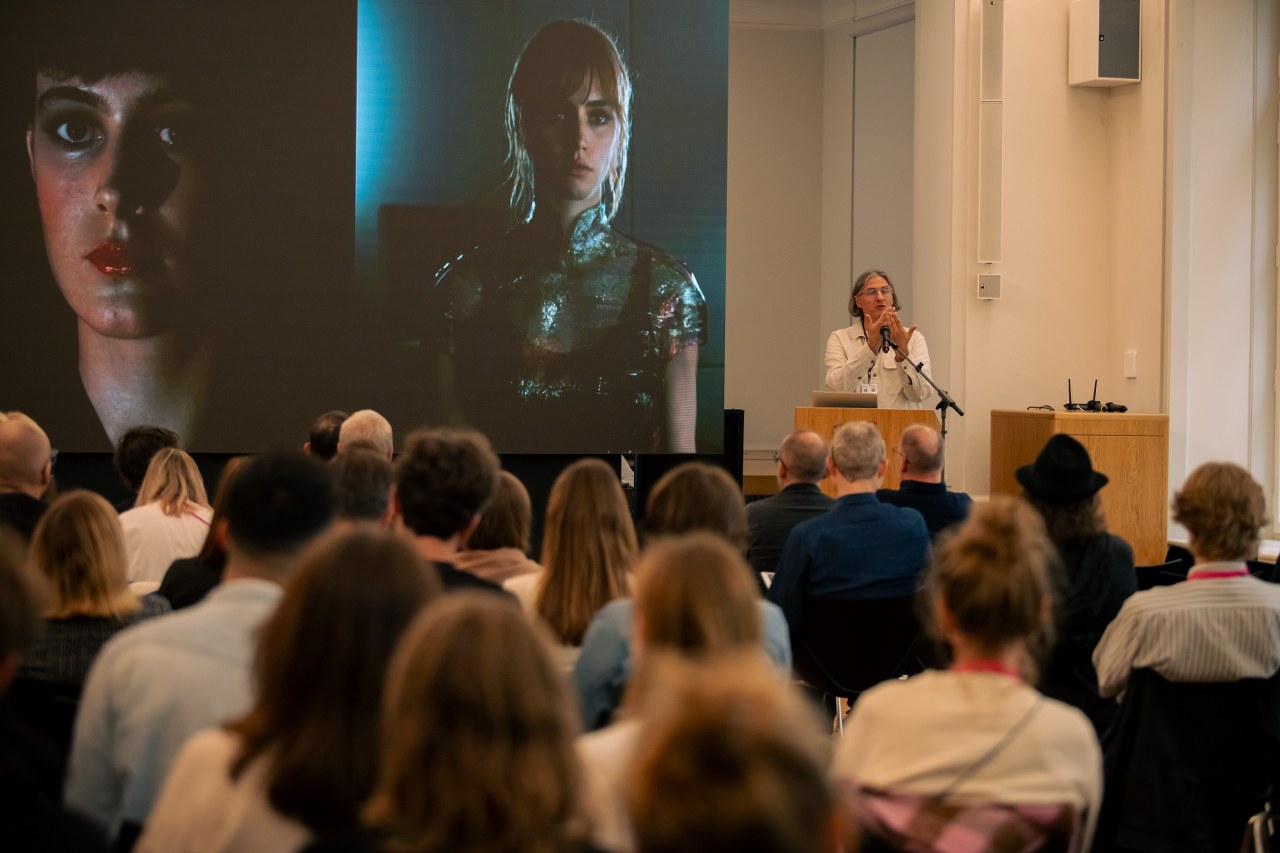
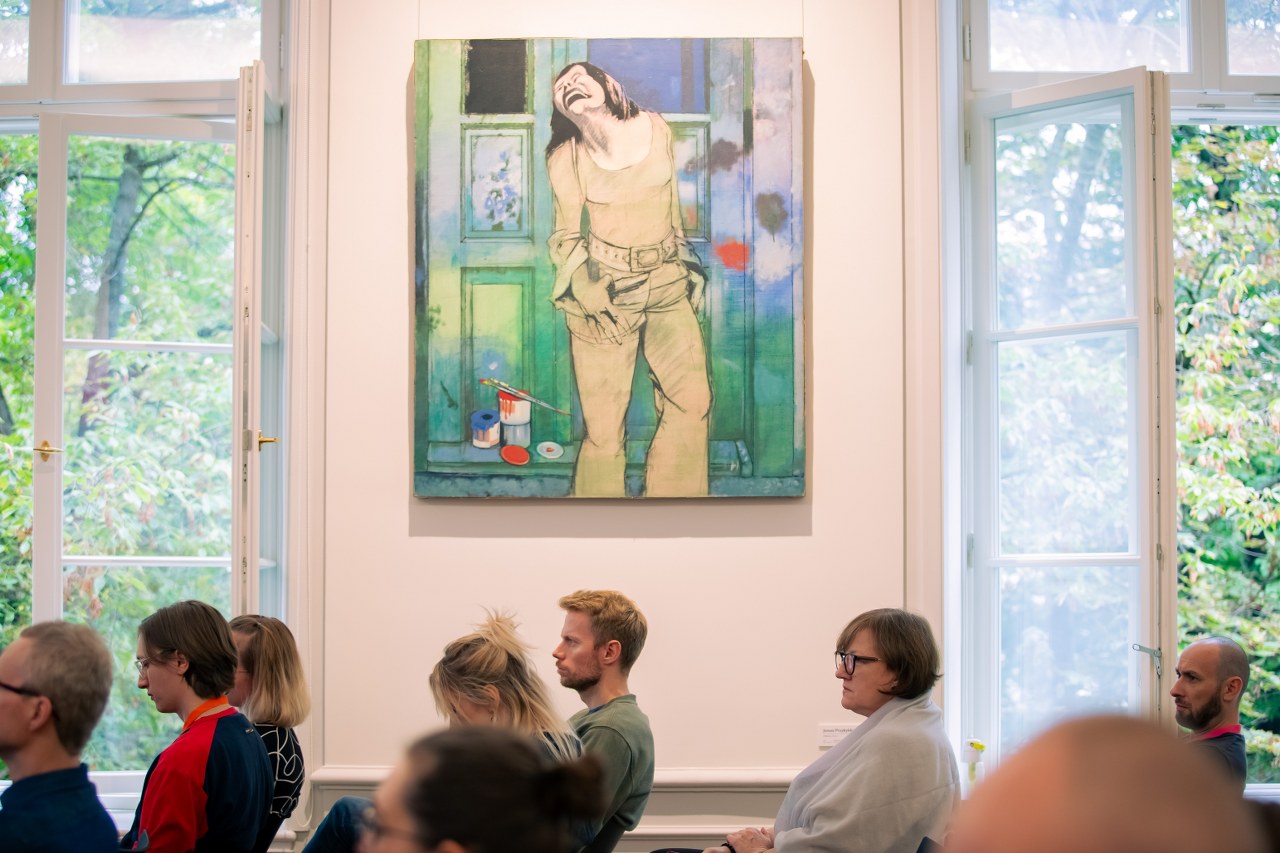
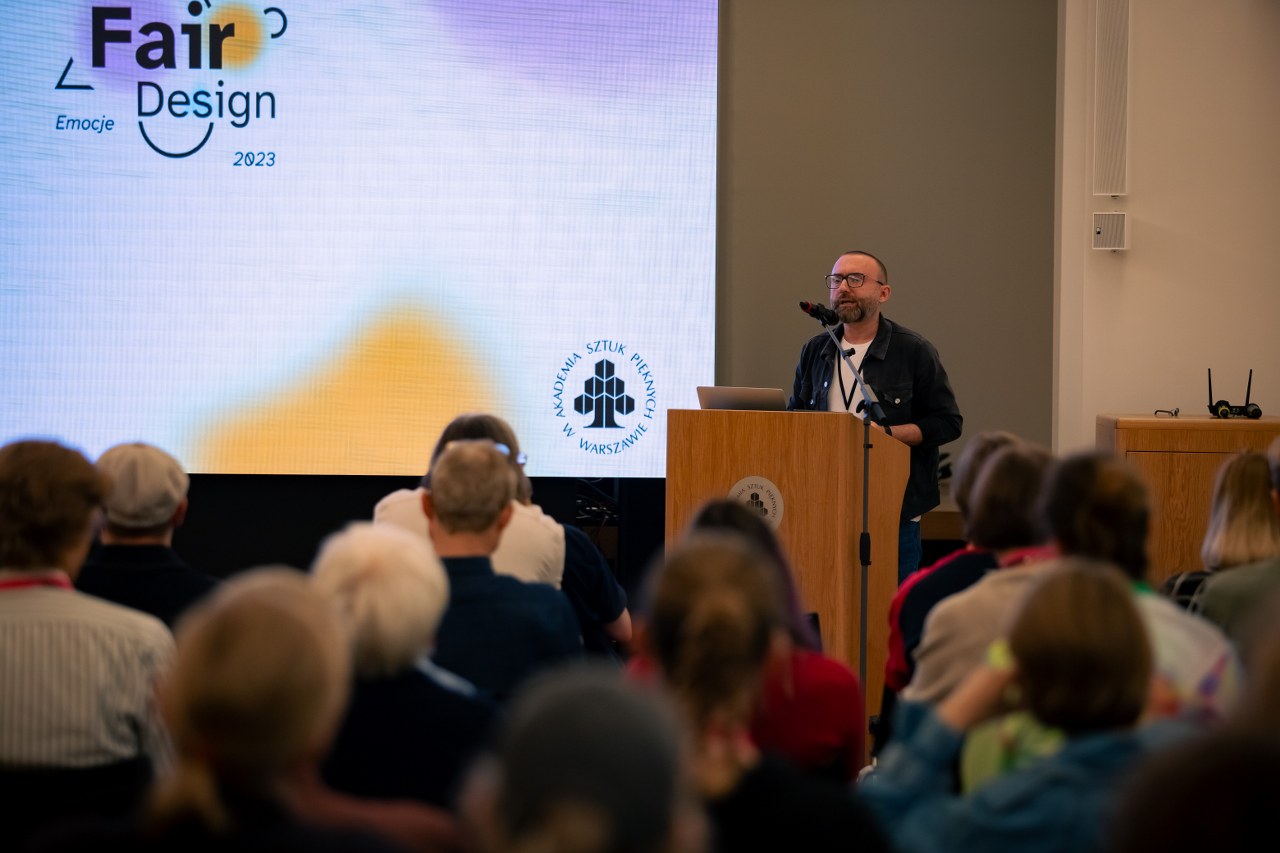
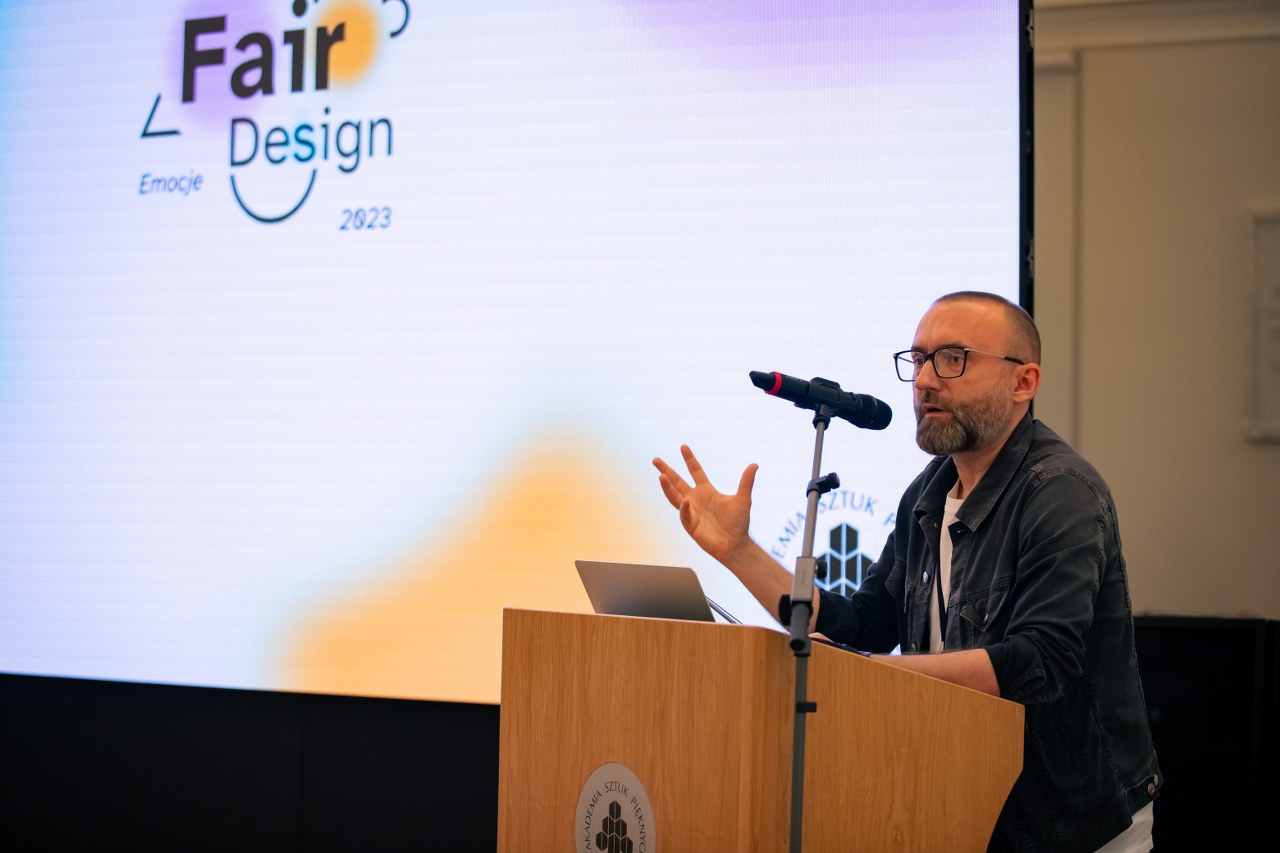
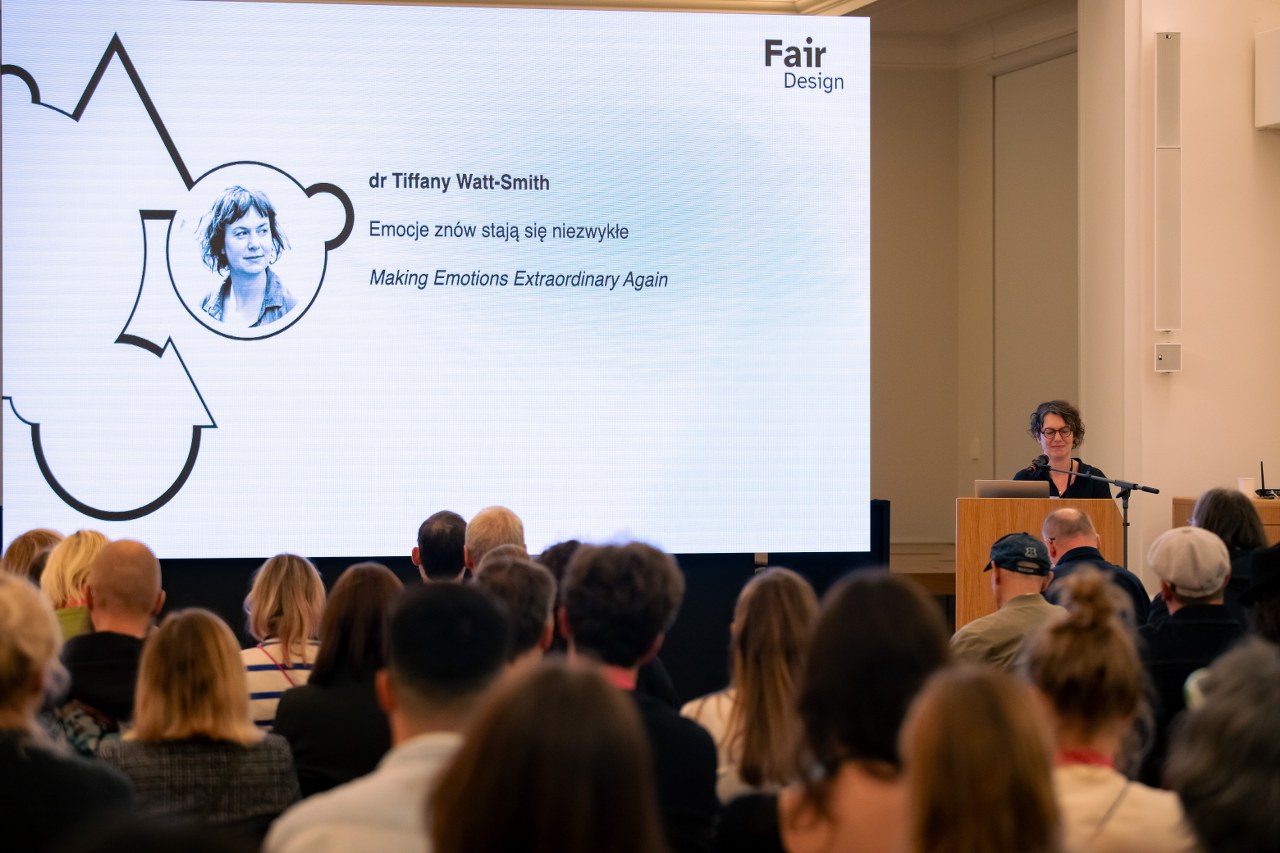
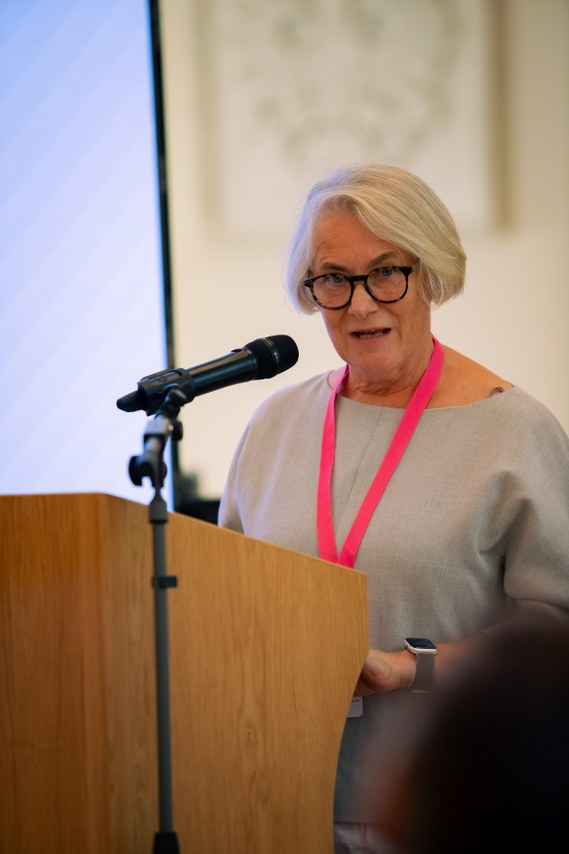
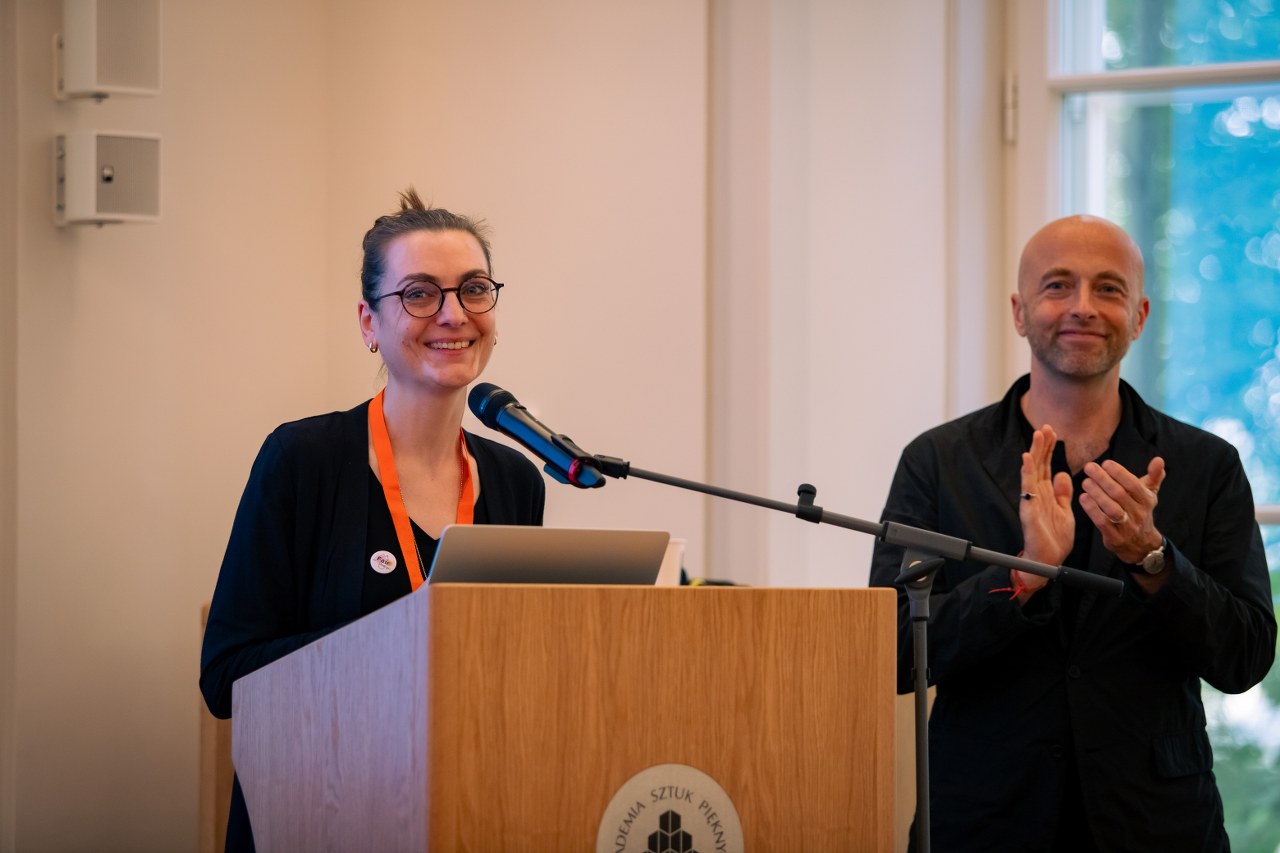
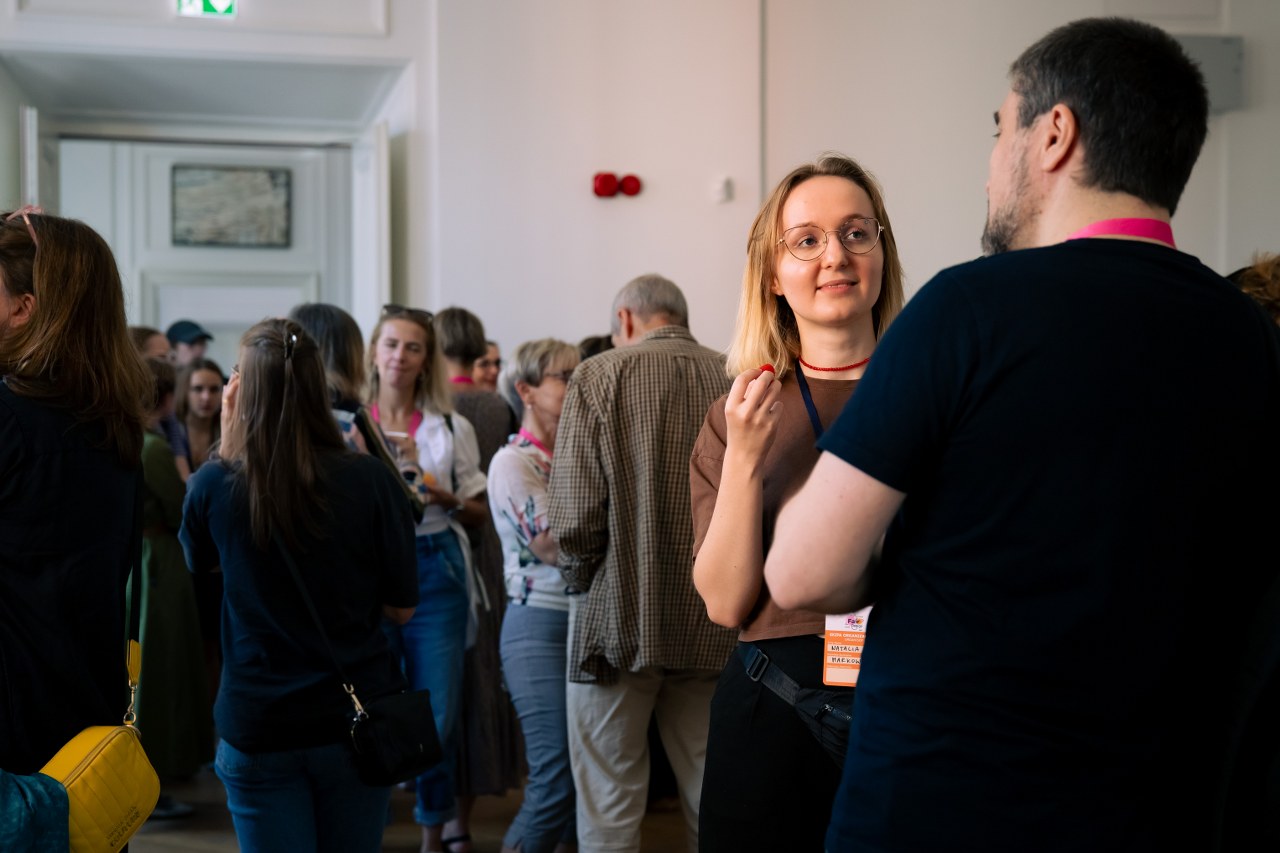
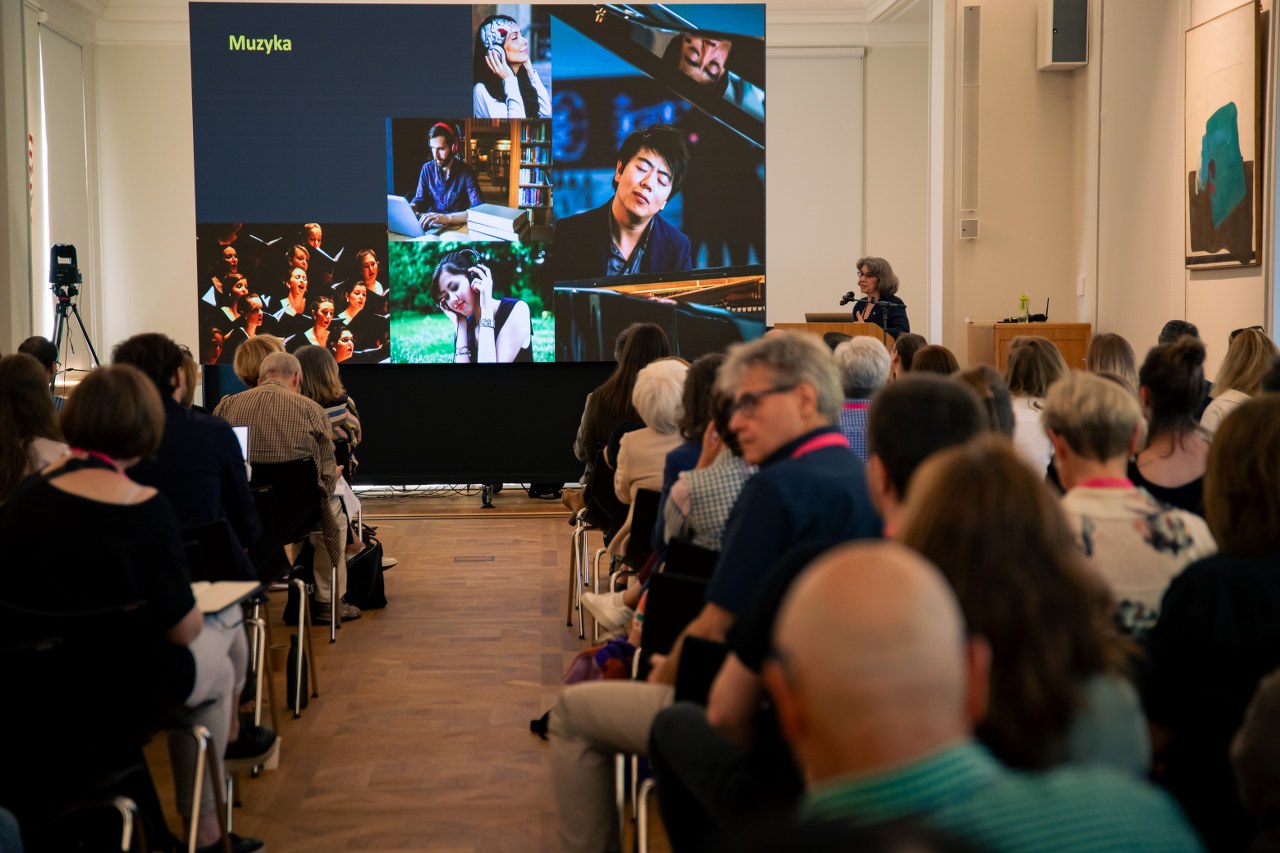
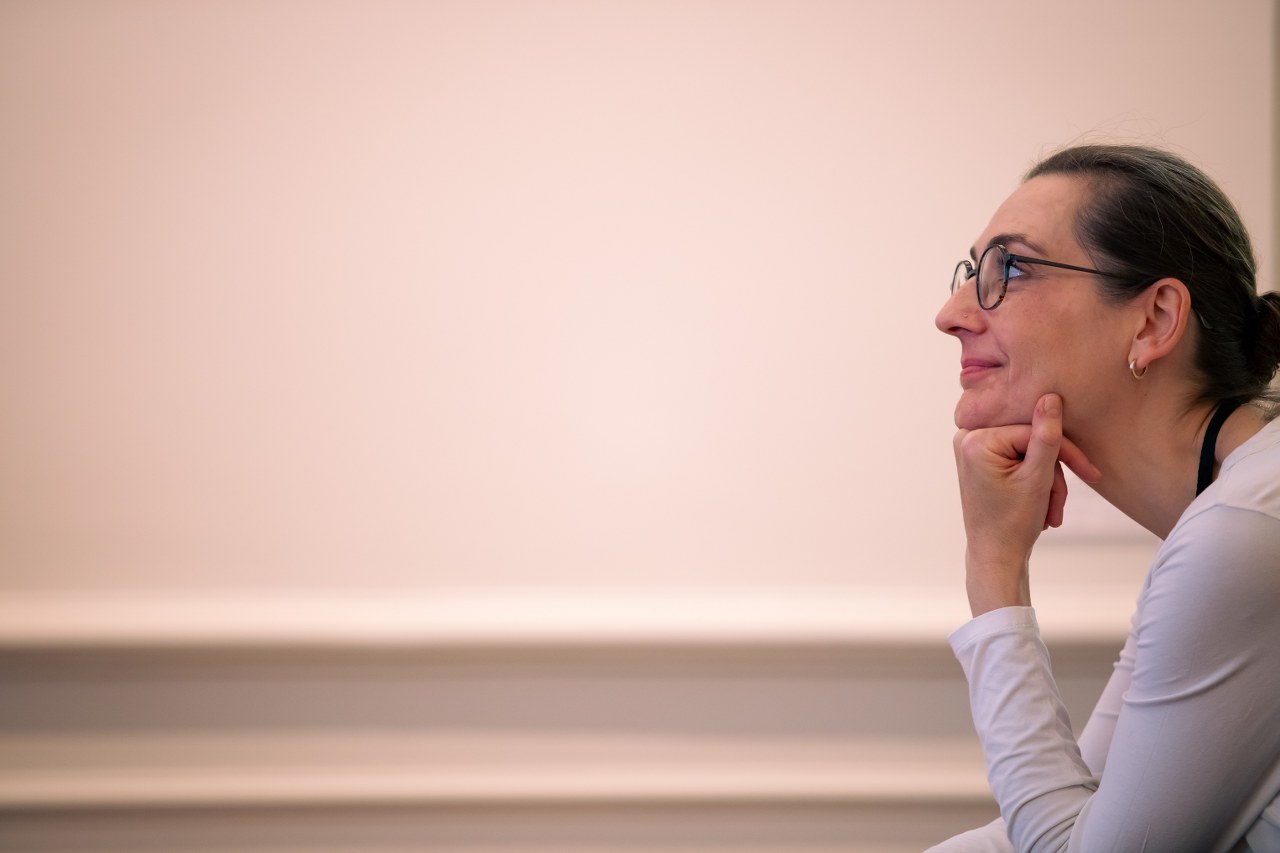
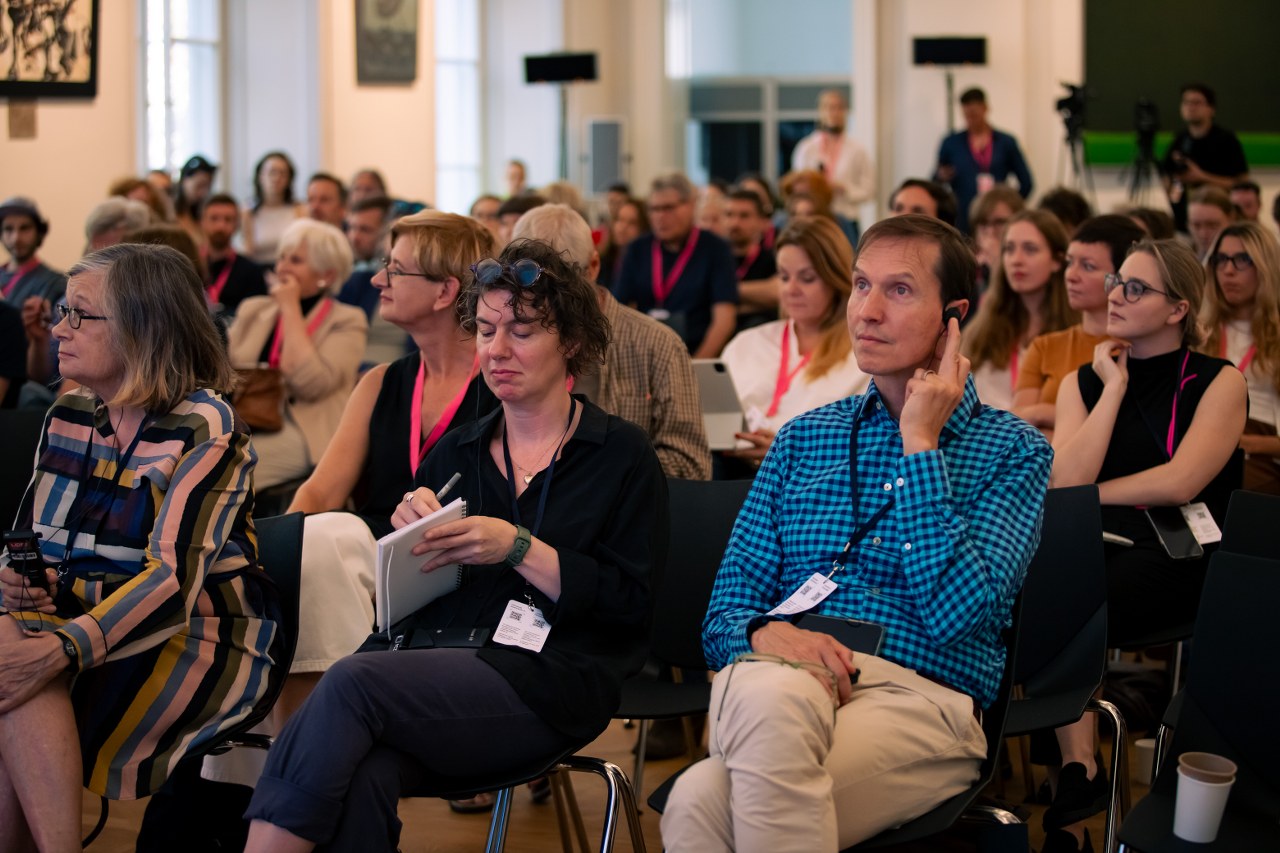
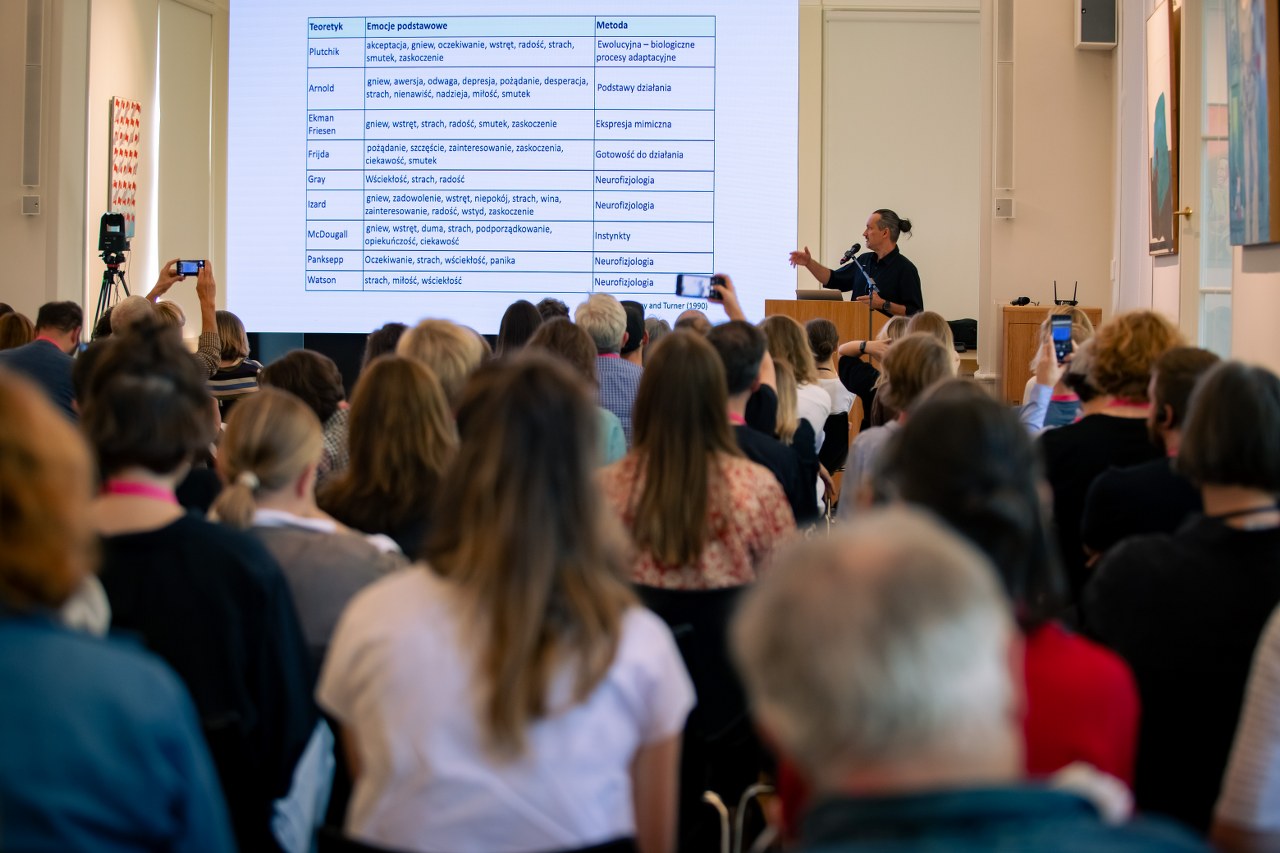
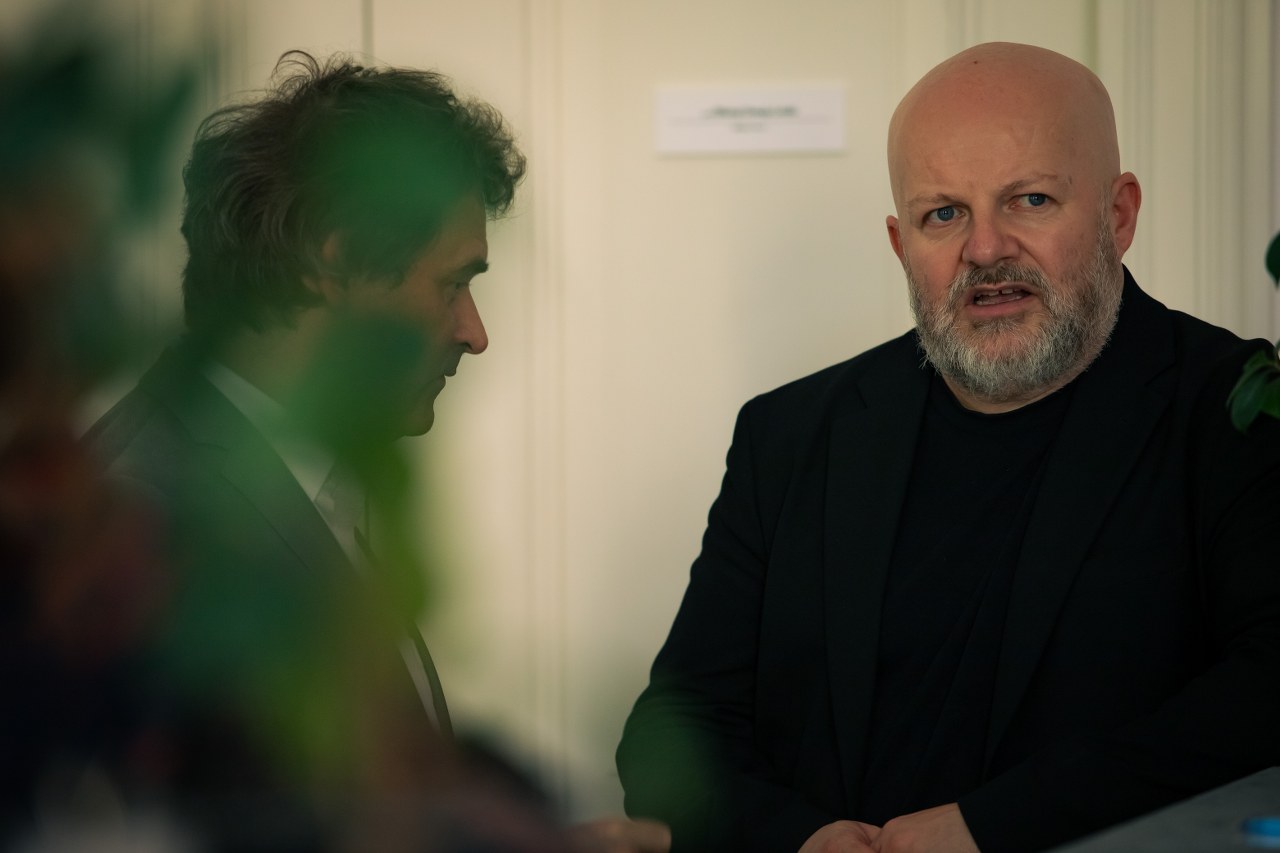
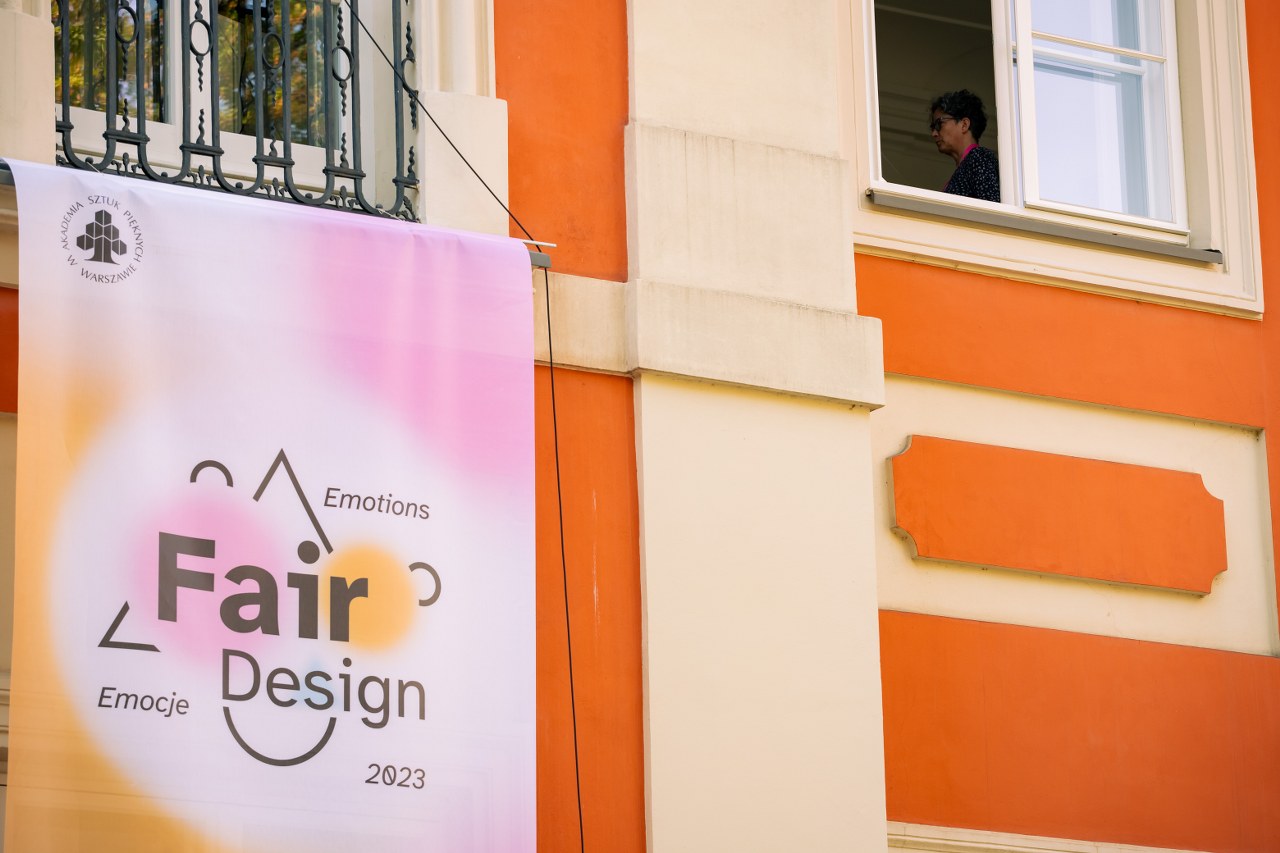
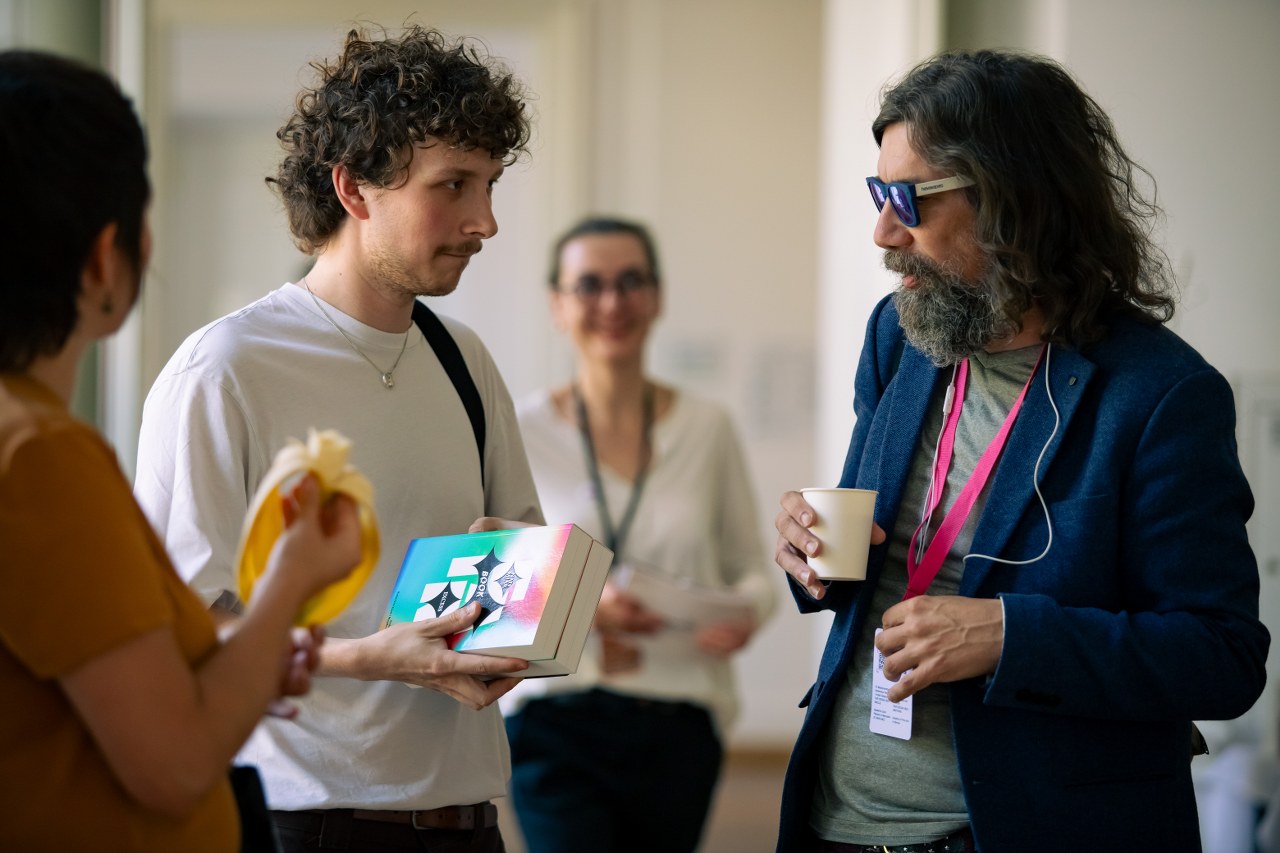
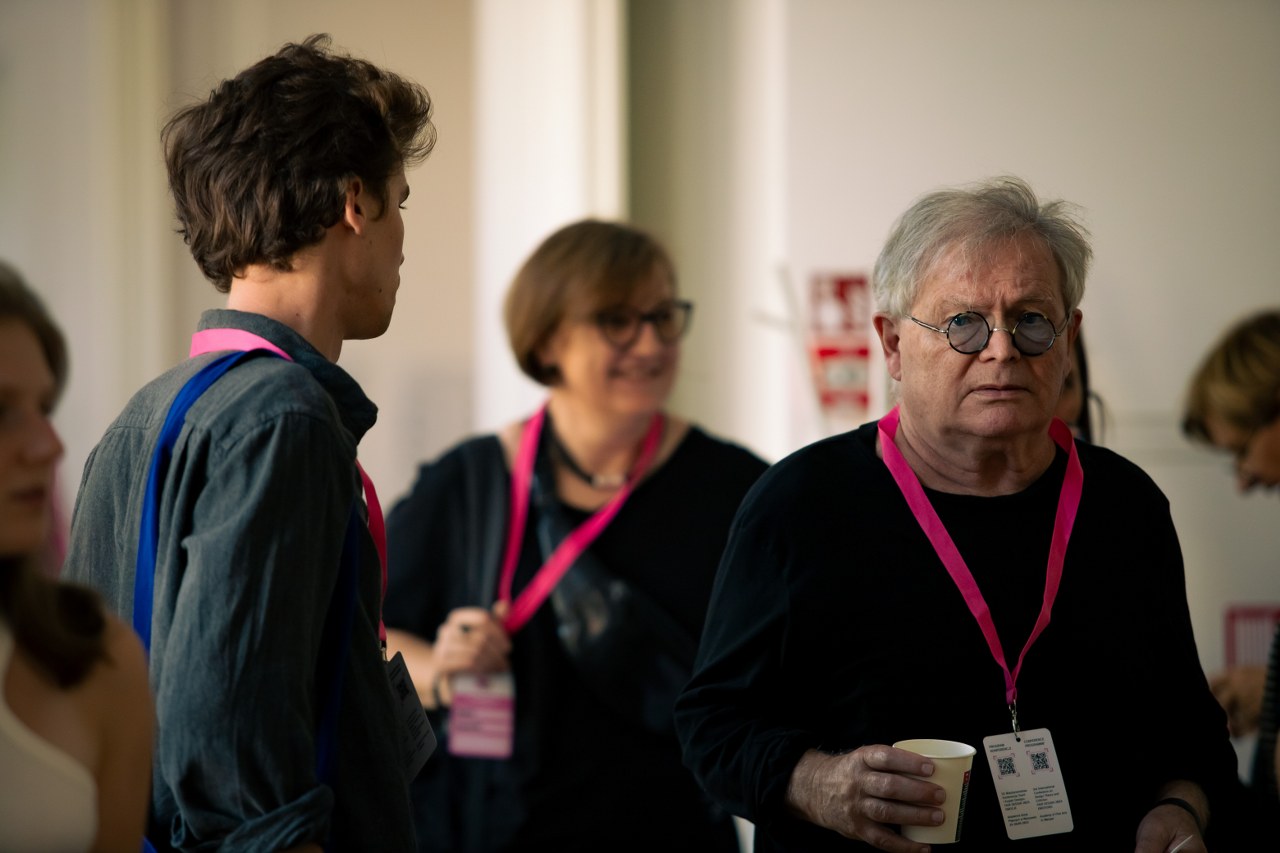
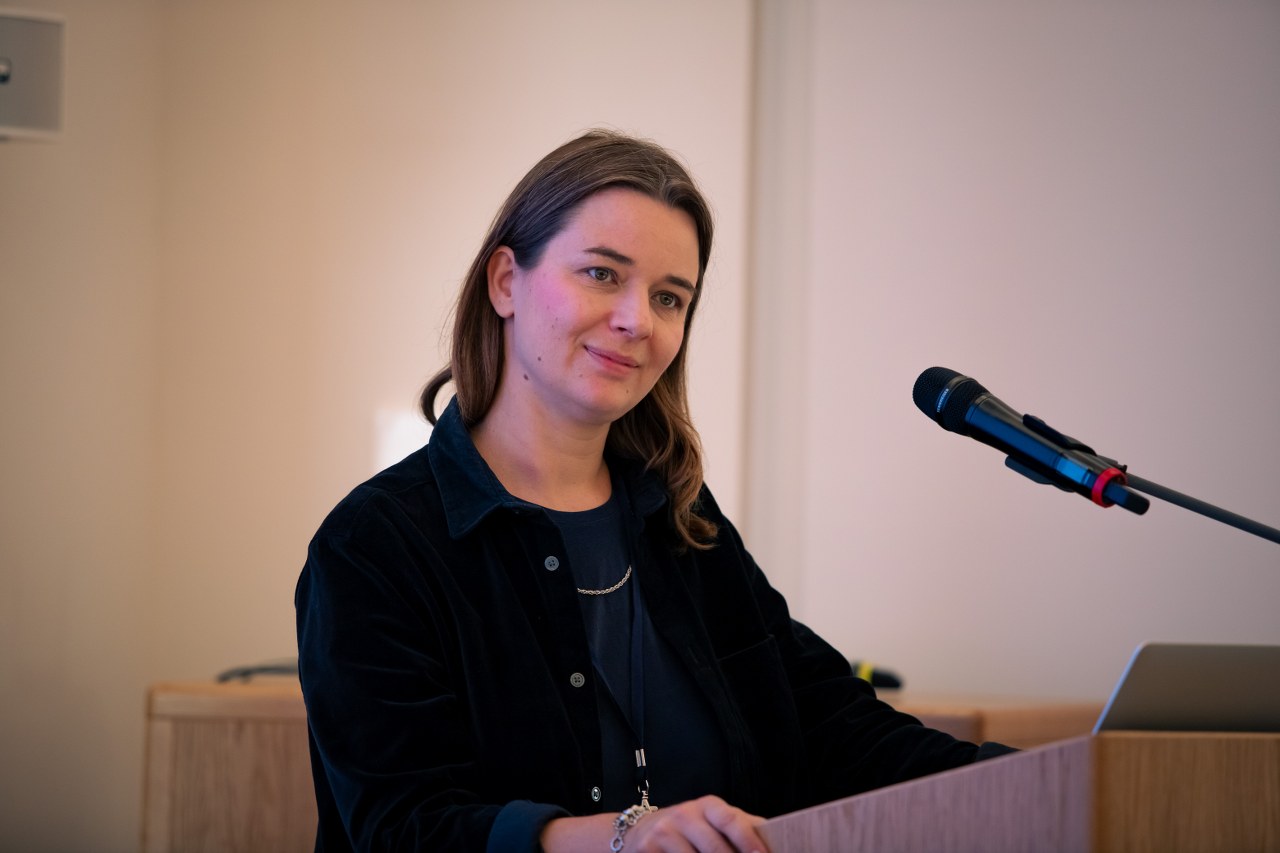
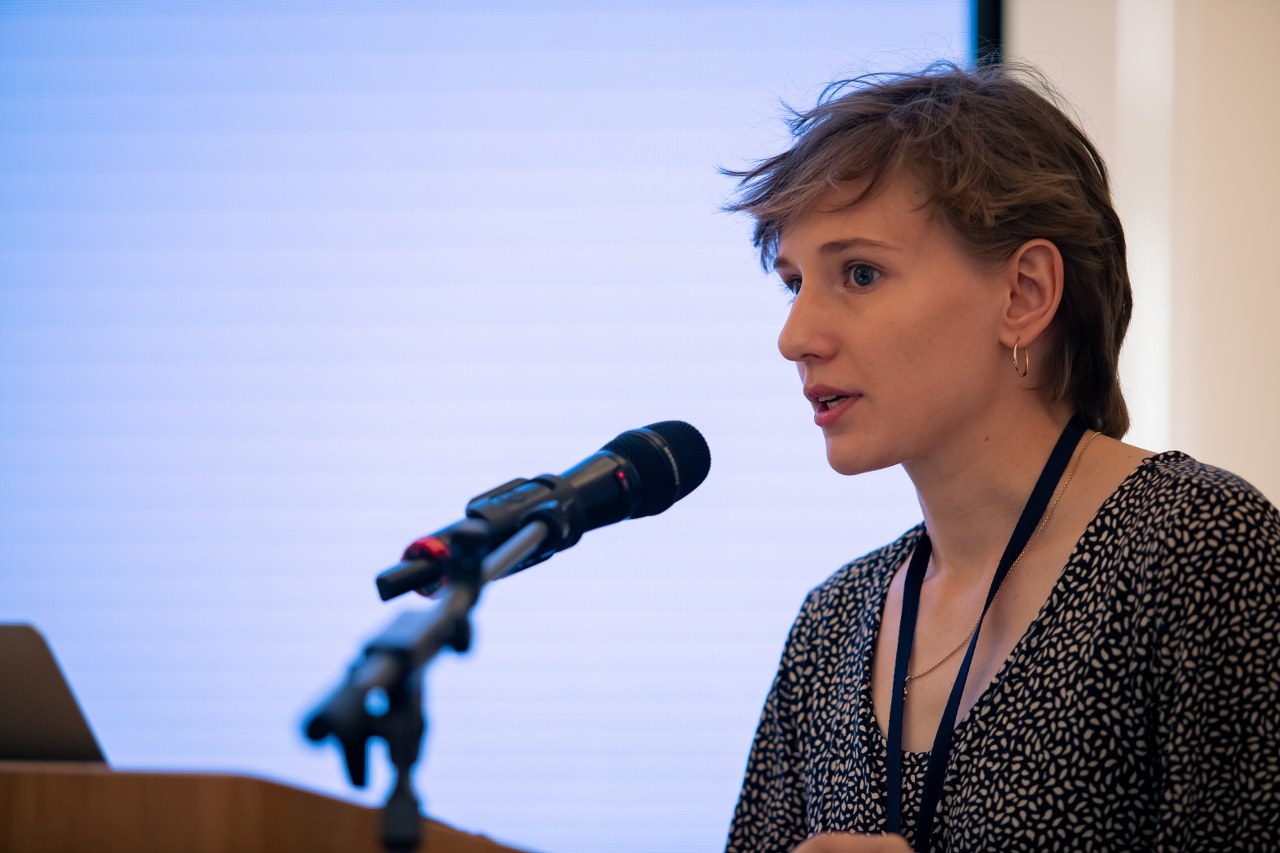
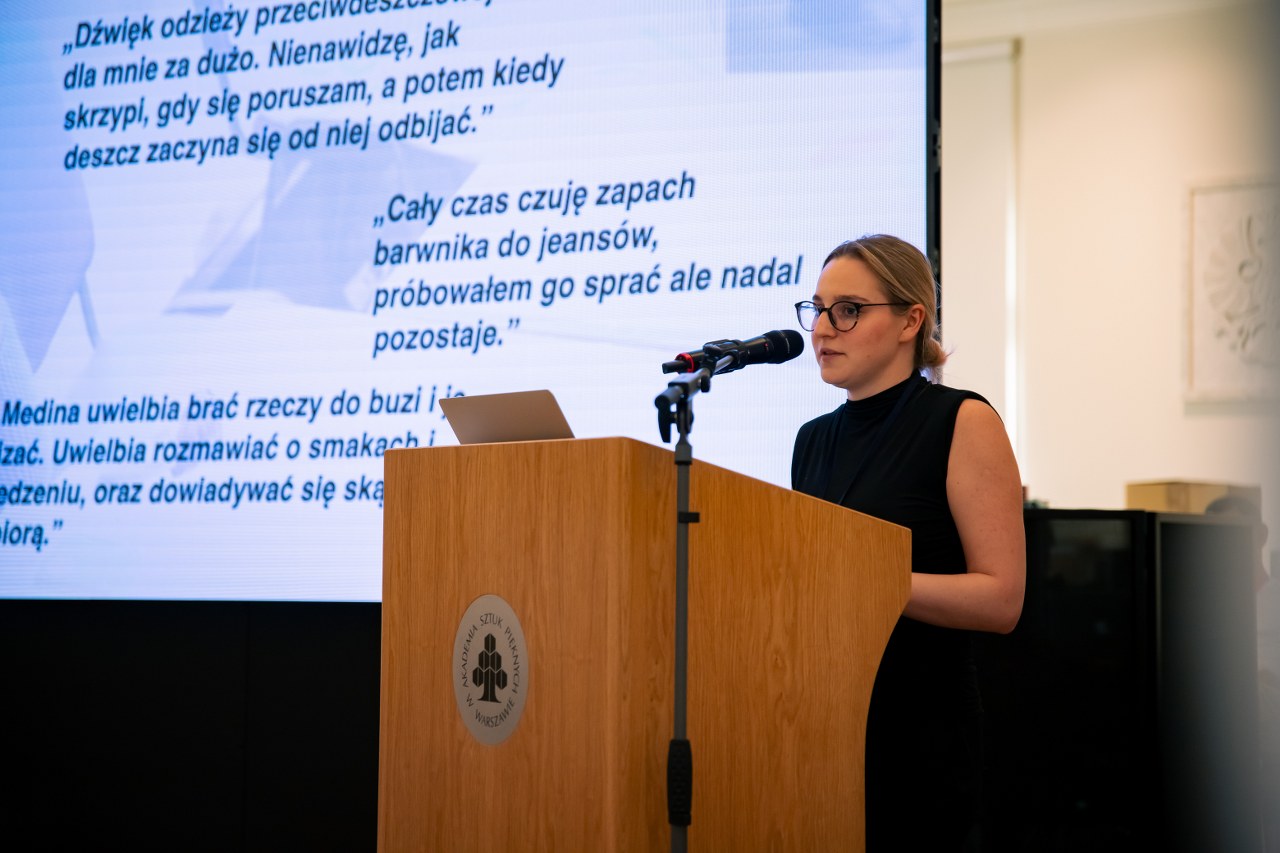
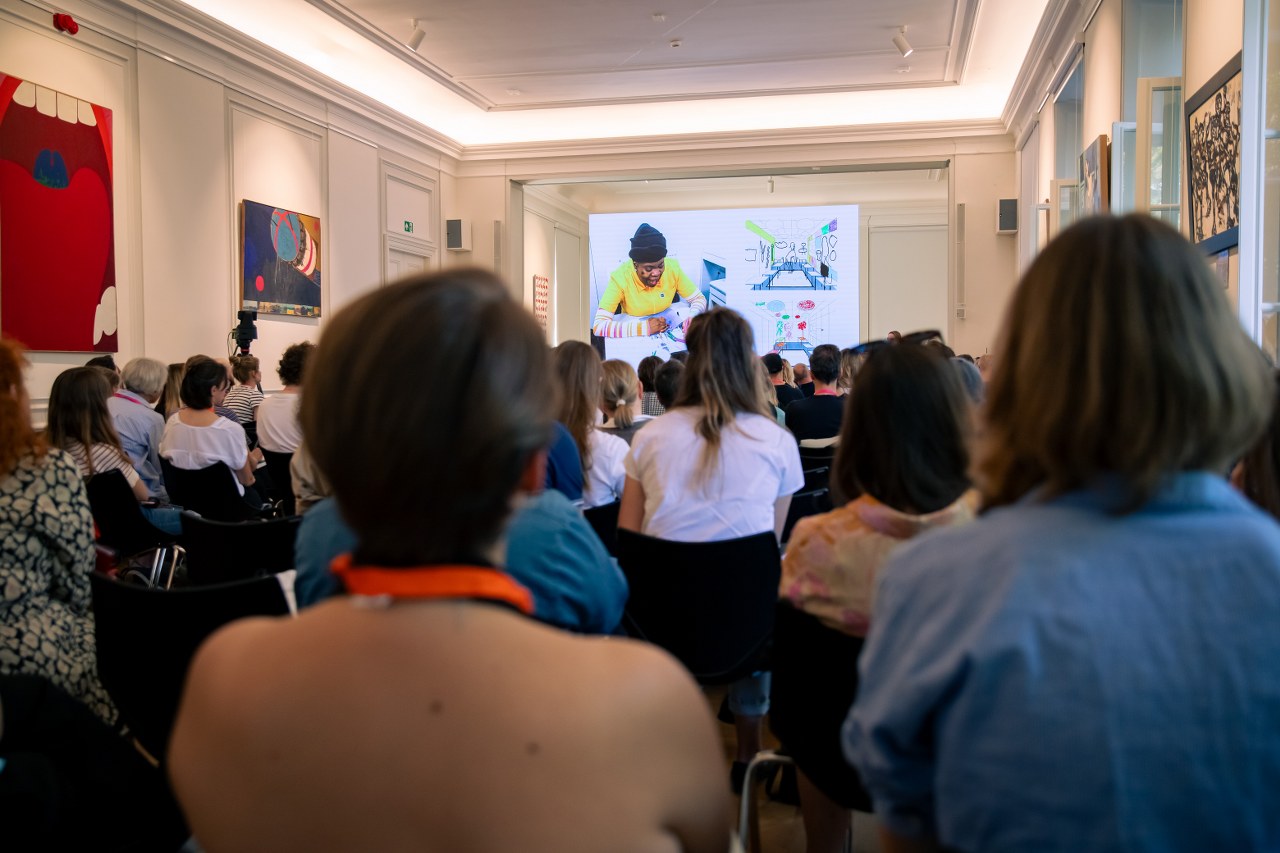
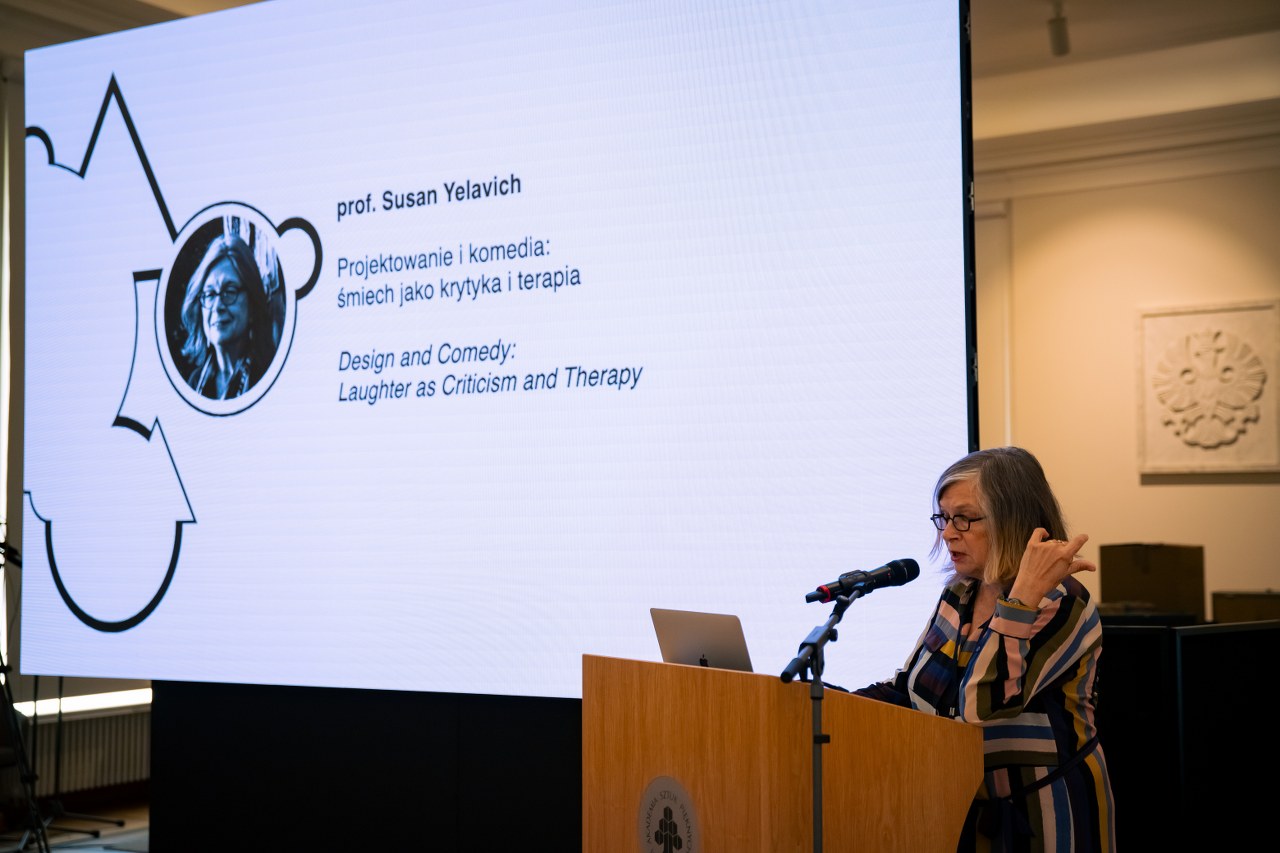
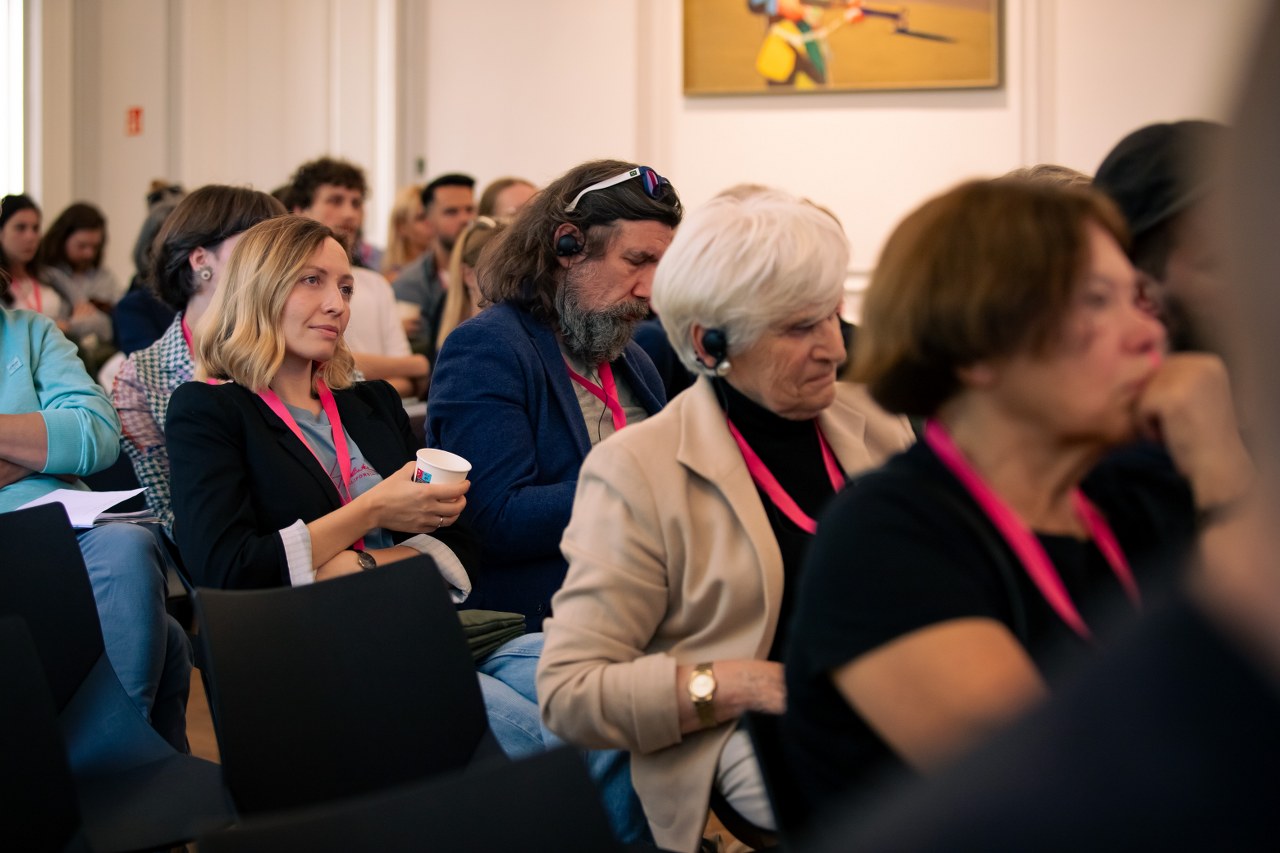
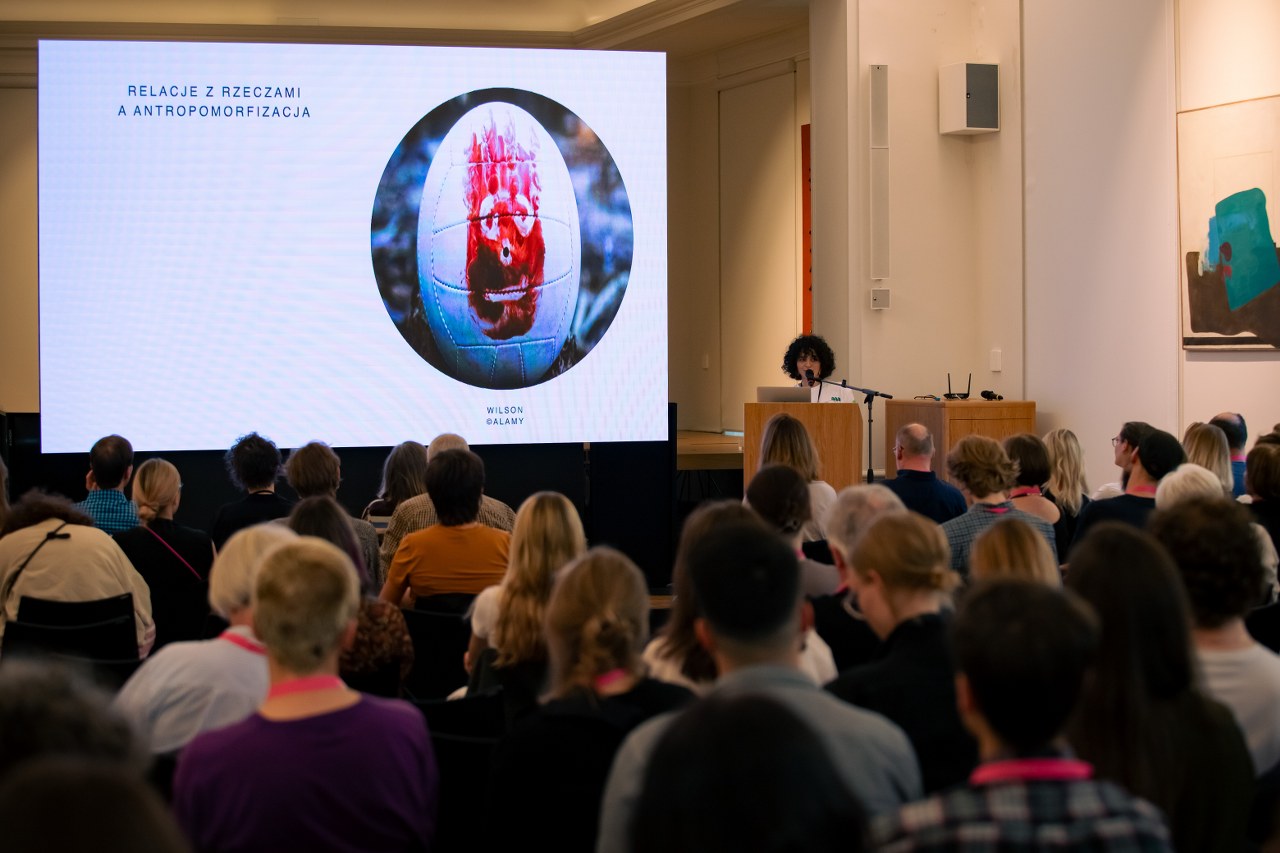
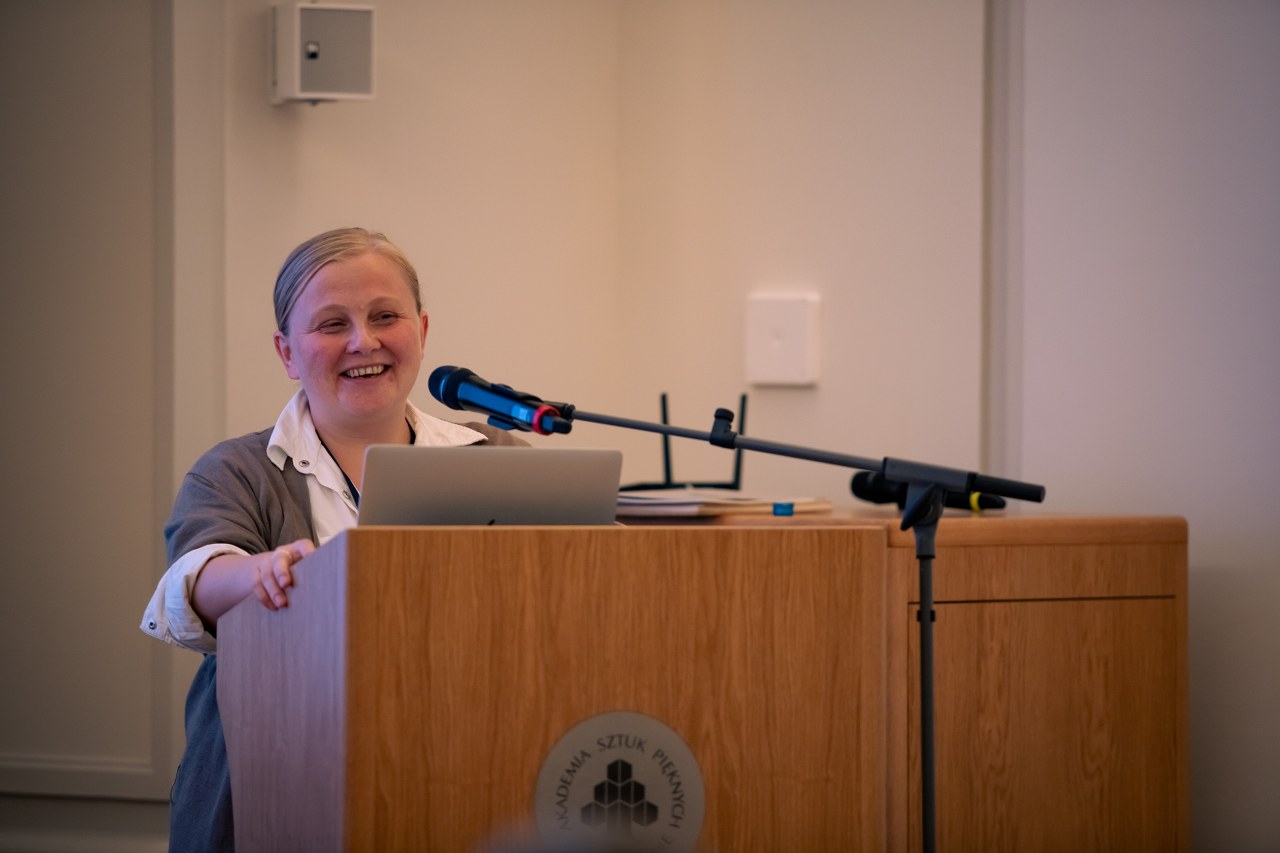
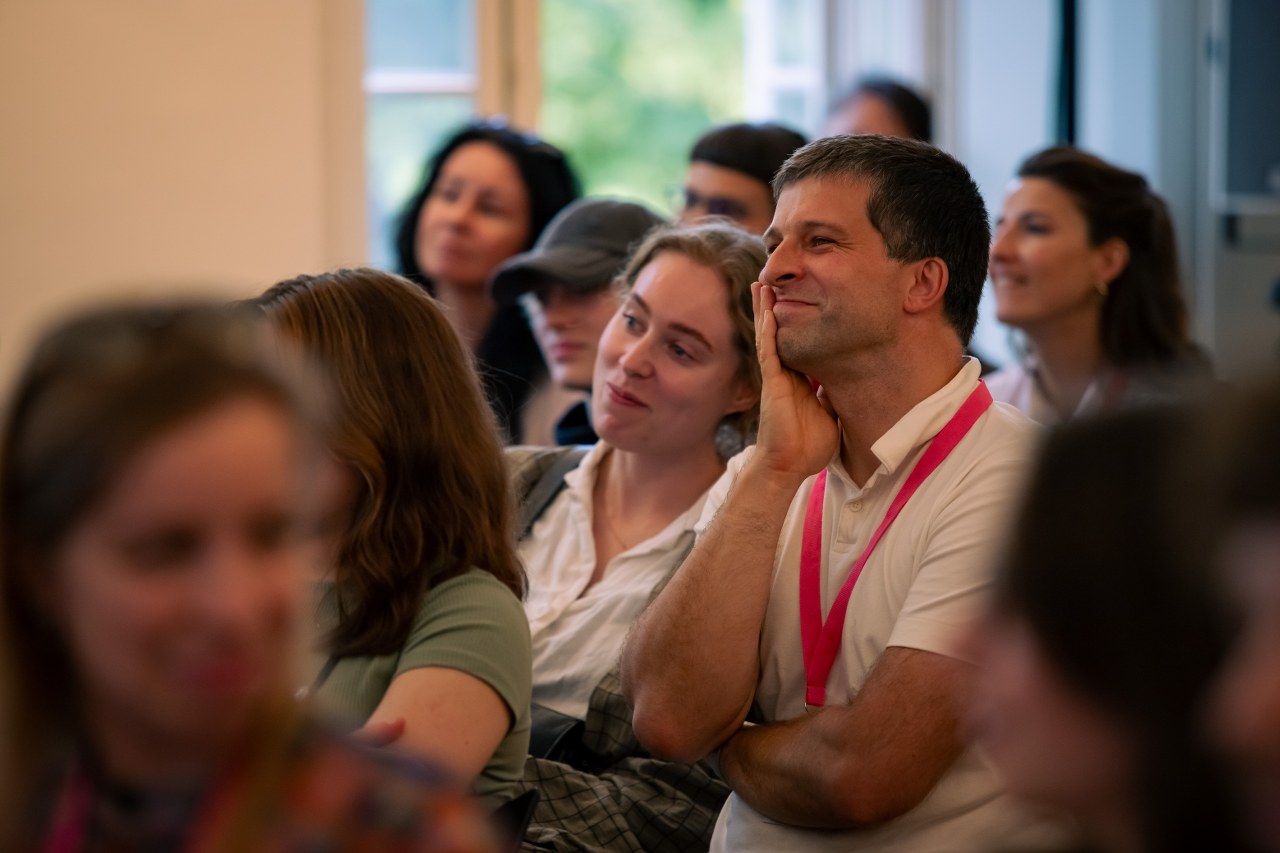
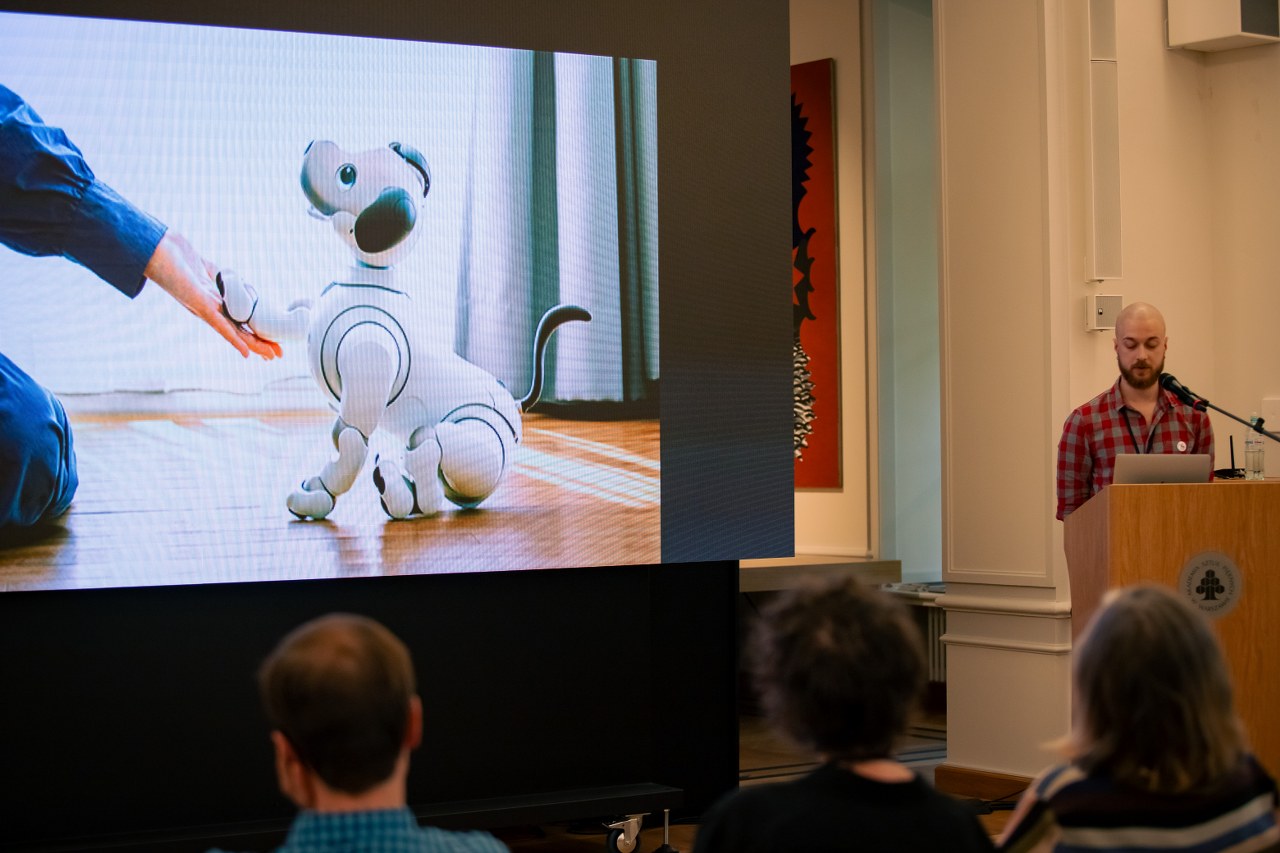
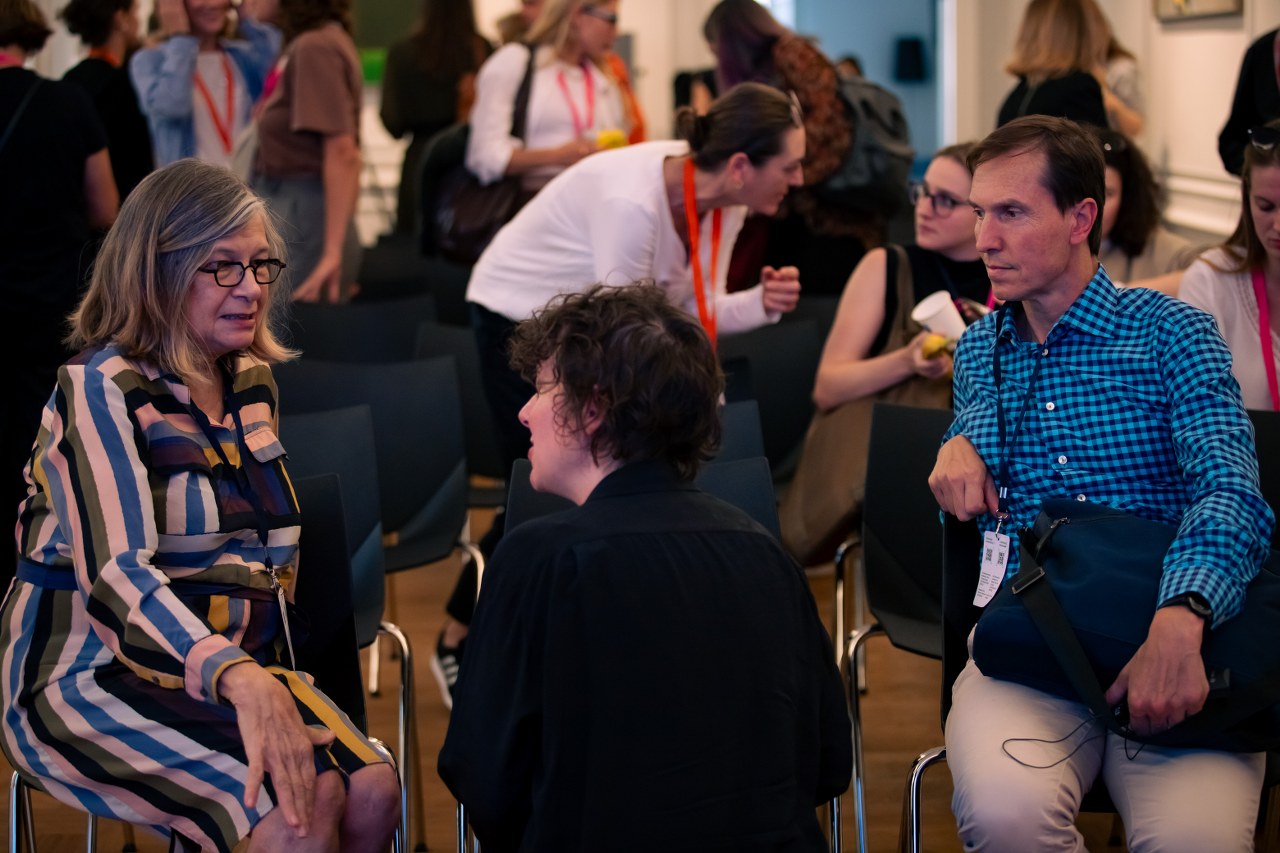
Partners
The conference received funding from the Minister of Education and Science under
the program „Doskonała nauka” (Excellent Science) in the 2022 edition.
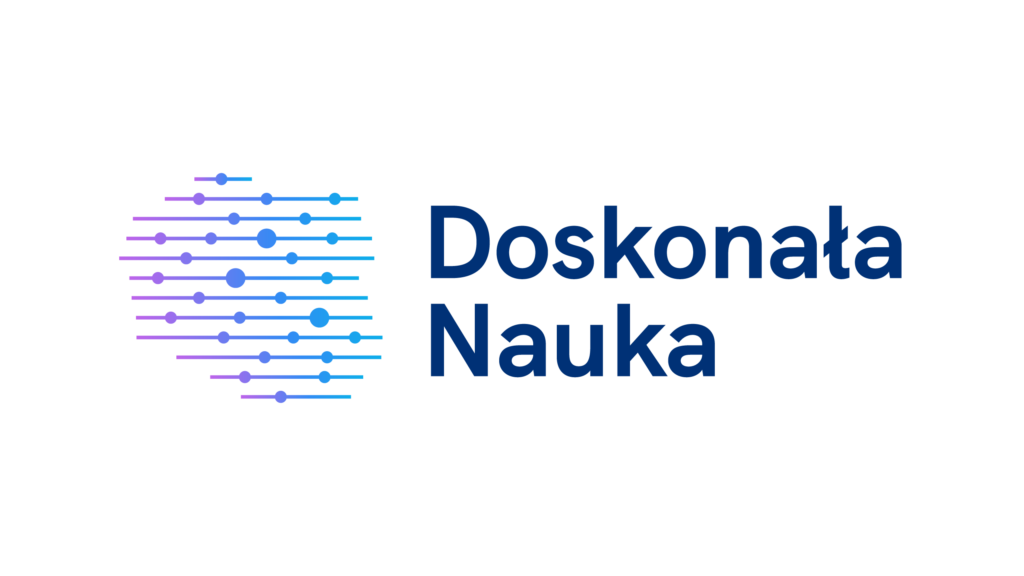
The partner of the conference is the Design Association SPFP – the most
important organization of design professionals from major centers in Poland.
The association is celebrating its 60th anniversary this year.

The media partner of the conference is online magazine specialized in design formy.xyz

CANON is a technology partner of the conference

Organizing Committee
Magda Kochanowska – chairwoman of the Program Council and organizing committee
Joanna Rutkowska – support in preparation of texts
Natalia Lulek – secretary of the conference
Marta Jablonska – production
Agnieszka Sural – conducting the conference and moderating
Piotr Kucia, Marcin Podsiadły – realization of streaming
Paweł Bettman, Jan Przybyszewski – sound realization
Antoni Domański – camera
Natalia Markowicz and Benedykt Tyszkiewicz – graphic design
Soren Gauger – translations
Mikołaj Drzymkowski – secretary and production support
Urszula Janota-Bzowska – supervision of the speakers and presenters
Marta Dziurzuńska and Kalina Jaskólska – administration
Volunteers: Angelika Brzóska, Weronika Eszyk, Julia Grzegorowska, Hanna Kobylińska, Karolina Lucka, Łucja Paszkowska, Aleksandra Prokopczuk, Anna Schwencke, Joanna Swiderska, Barbara Szymańska

